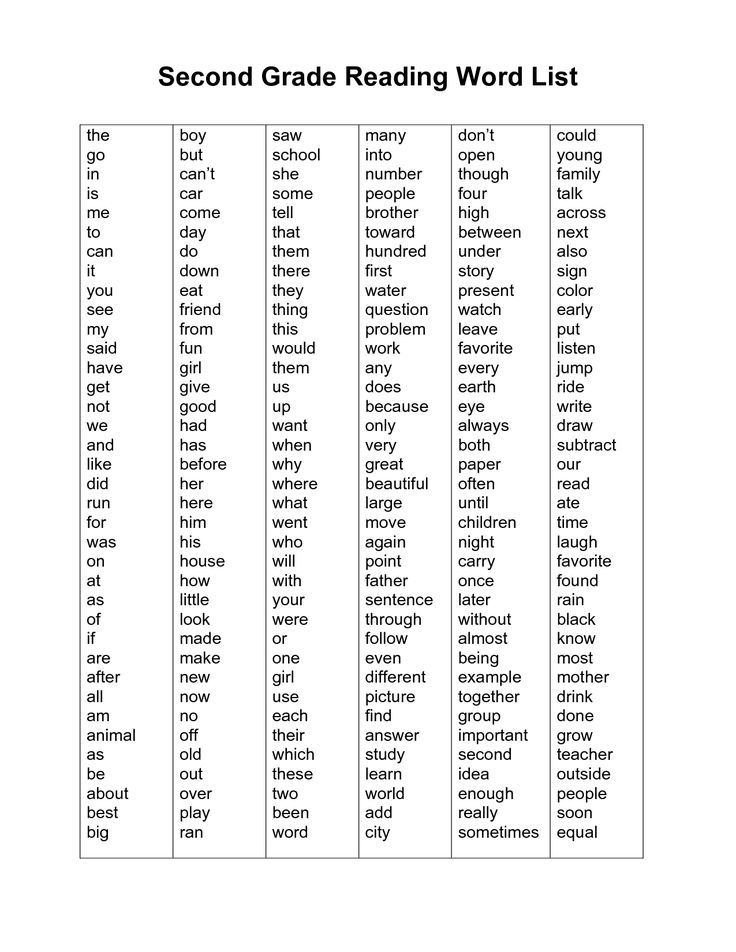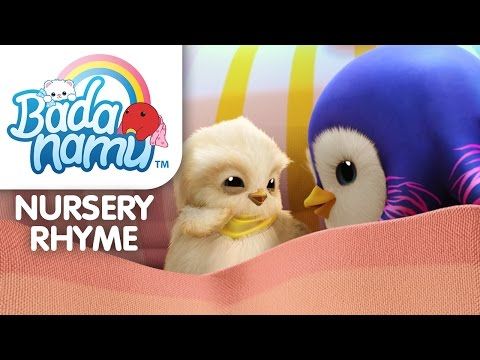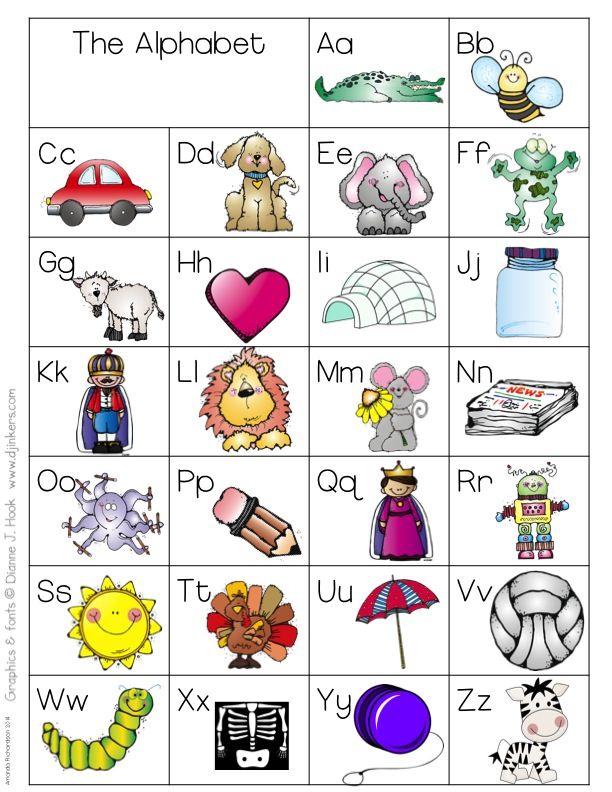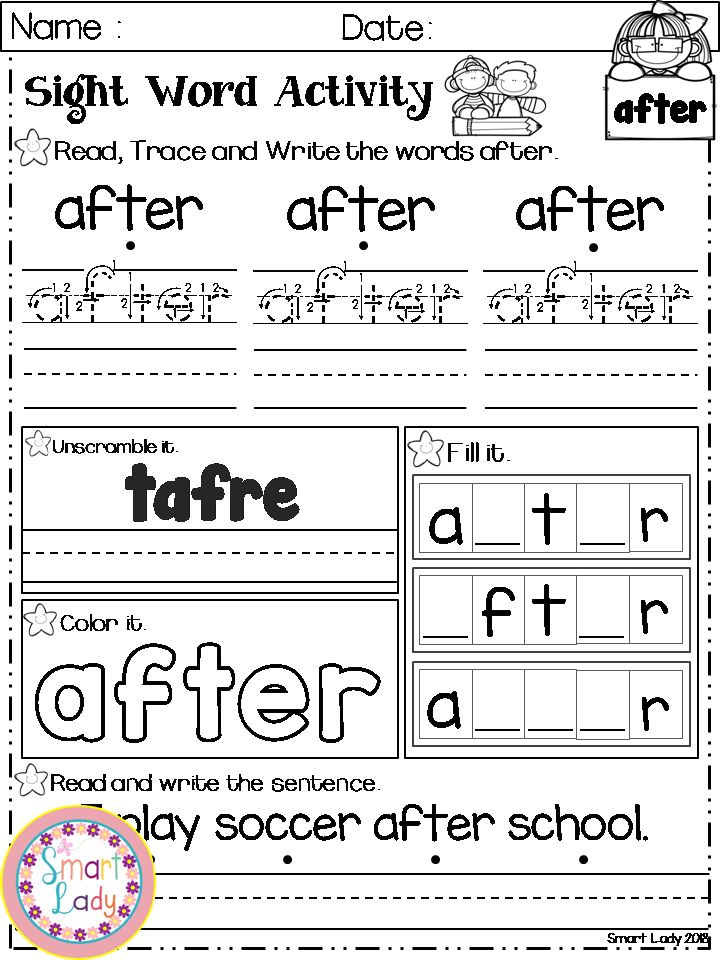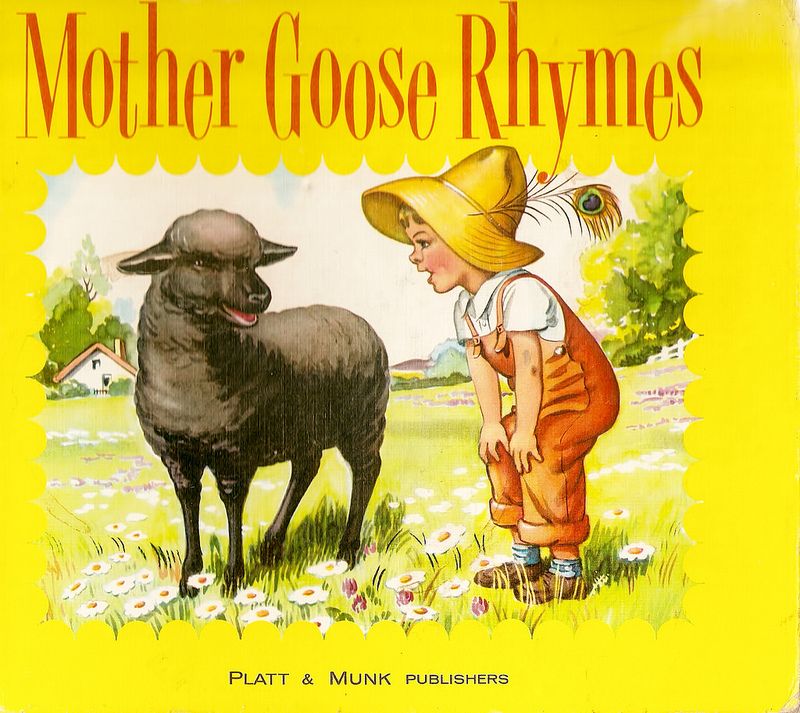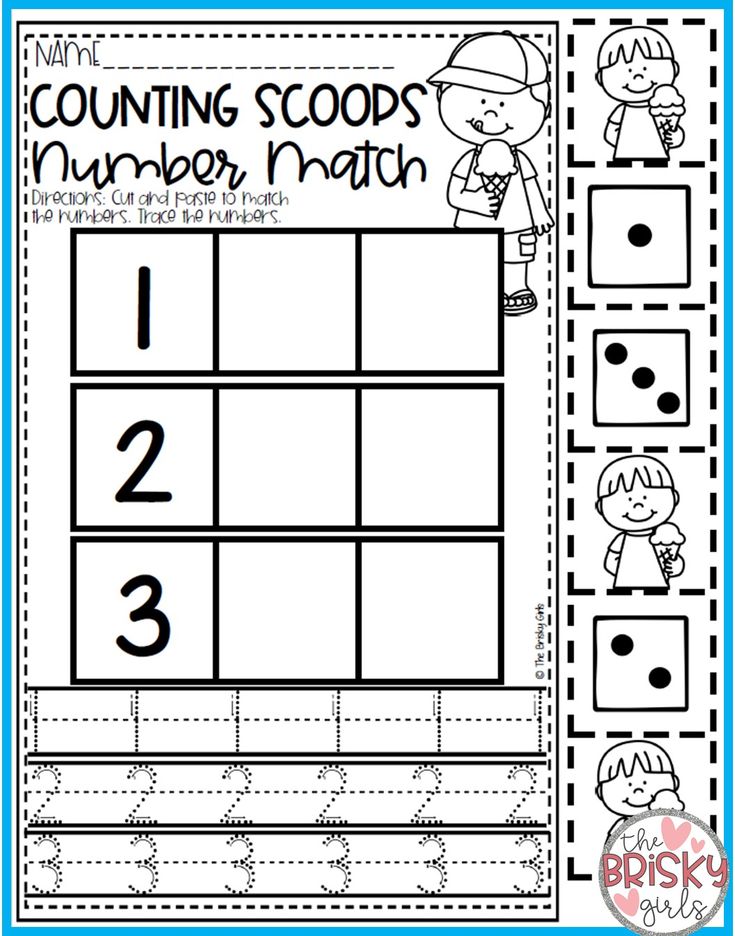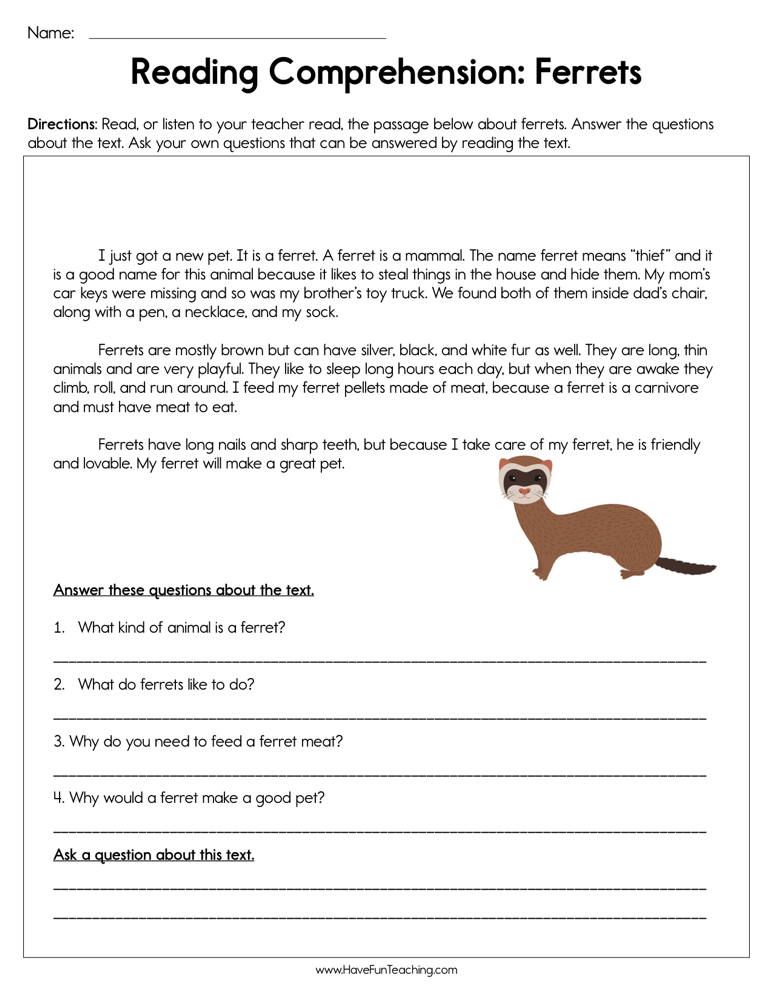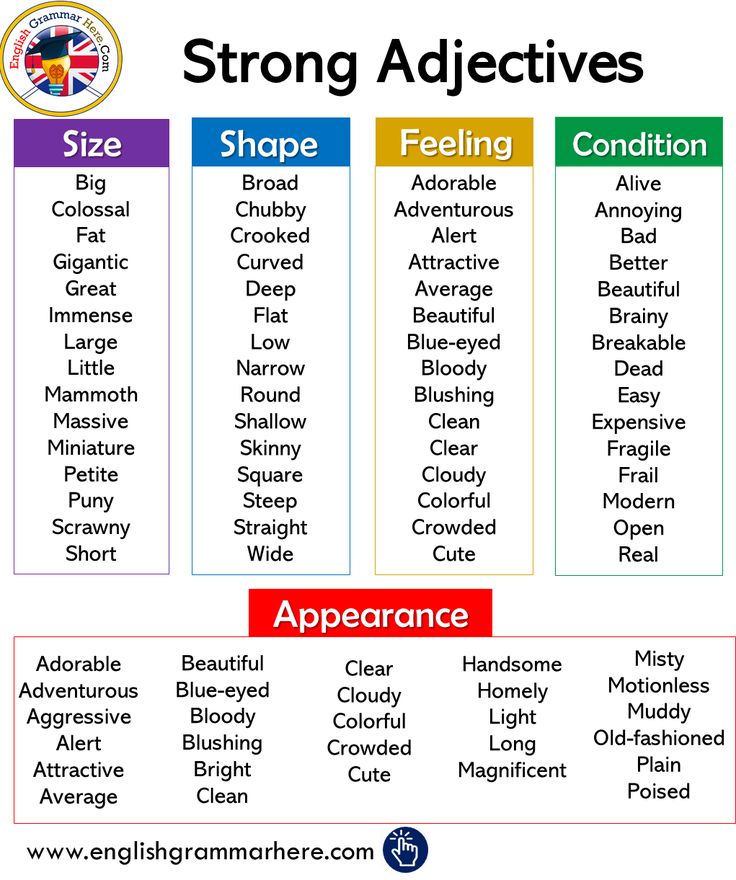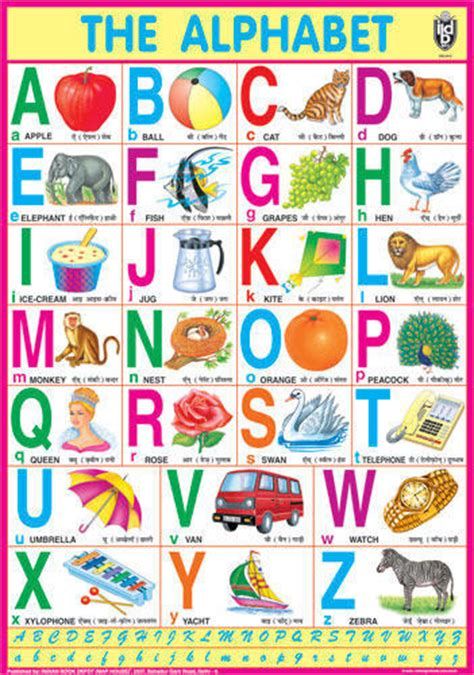Some sight words
Top 100 Sight Words and How to Teach Them
Sight words is a common term in reading that has a variety of meanings. When it is applied to early reading instruction, it typically refers to the set of about 100 words that keeps reappearing on almost any page of text. “Who, the, he, were, does, their, me, be” are a few examples.
In addition to their being very frequent, many of these words cannot be “sounded out.” Children are expected to learn them by sight (that is, by looking at them and recognizing them, without any attempt to sound them out.)
Unfortunately, this means minimal teaching. Often, little is done other than to show the word and tell the child what it is “saying.” For many children, this is not enough, with the result that their reading of these critical words is laden with error.
What does this mean for parents who are helping their children master reading? Basically it means spending some time in truly teaching these words so that your child gains real mastery of them. The key to achieving this goal is accurate writing (spelling)—via memory. That is, the child writes the word when the model is not in view.
You can do this by creating simple sentences that the child reads. (By using sentences, you will automatically be using many “sight words.” In addition, you will be giving your child the opportunity to deal with words in context—a key to meaningful reading) After showing the sentence and having your child read it, turn it over and then dictate the sentence. If there is an error, you immediately stop your child and take away the paper. Then you show the model again and repeat the process. In other words, the writing of the sentence has to be fully accurate, starting with the first word.
If you want a list of those words to help guide your efforts, here is the top 100 according to the American Heritage Word Frequency Book by John B. Carroll.
A: a, an, at, are, as, at, and, all, about, after
B: be, by, but, been
C: can, could, called
D: did, down, do
E: each
F: from, first, find, for
H: he, his, had, how, has, her, have, him
I: in, I, if, into, is, it, its
J: just
K: know
L: like, long, little
M: my, made, may, make, more, many, most,
N: not, no, now
O: or, one, of, out, other, over, only, on
P: people
S: said, she, some, so, see
T: the, to, they, this, there, them, then, these, two, time, than, that, their
U: up, use
V: very
W: was, with, what, were, when, we, which, will, would, words, where, water, who, way
Y: you, your
Click here to download our Recommended Top 100 Sight Words.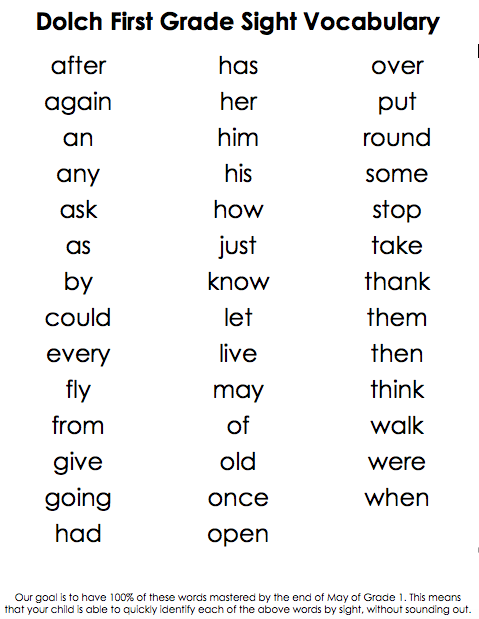
Literacy and reading expert, Dr. Marion Blank
Dr. Marion Blank is answering your questions about reading and learning. If you have a question for Dr. Marion, visit the Reading Kingdom Facebook Page and let us know how we can help.
If you think the Reading Kingdom program can help your children learn to read, enjoy a free, 30-day trial here.
Worksheets | TPT
by
Simply Kinder
$972.00
$25.00
The ultimate bundle for kindergarten sight word practice books, games, color by code, and more for 200+ high-frequency words! BEST SELLER on TpT with over 7,000 teacher reviews! Check out this incredible value for everything you need for sight word practice!Your Sight Word Practice just became so much better with this huge file of printables, activities, centers and so much more. Each sight word included has its own separate file with 67 pages of activities! Perfect for kindergarten, first grad
Subjects:
English Language Arts, Reading
Grades:
PreK - 1st
Types:
Activities, Printables, Worksheets
CCSS:
RF.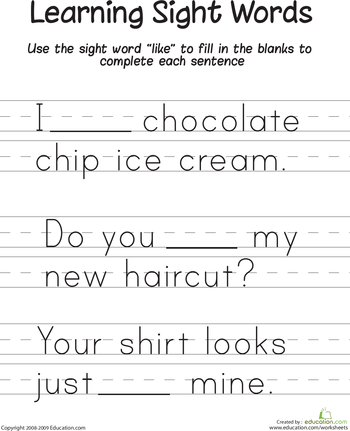 K.2, RF.K.3, RF.K.3c
K.2, RF.K.3, RF.K.3c
by
A Teachable Teacher
$25.00
$20.00
Bundle
All-in-One Reading Passages give your students the opportunity to practice phonics and fluency with these reading comprehension passages and questions. The best part? It requires no prep on your end! Now including original PDF + NEW digital versions of each phonics reading passage for distance learning!Each reading passage gives your students the opportunity to practice a targeted phonics skill in the context of reading. Each phonics passage also builds fluency and comprehension. It’s the bundle
Subjects:
ELA Test Prep, Phonics, Reading
Grades:
1st - 2nd
Types:
English (UK), Guided Reading Books, Printables
by
Rachel Lynette
30 Figurative Language Worksheets that focus on similes, metaphors, idioms, hyperbole, personification, onomatopoeia, and alliteration. These worksheets are great for no-prep practice of the 7 most common types of figurative language.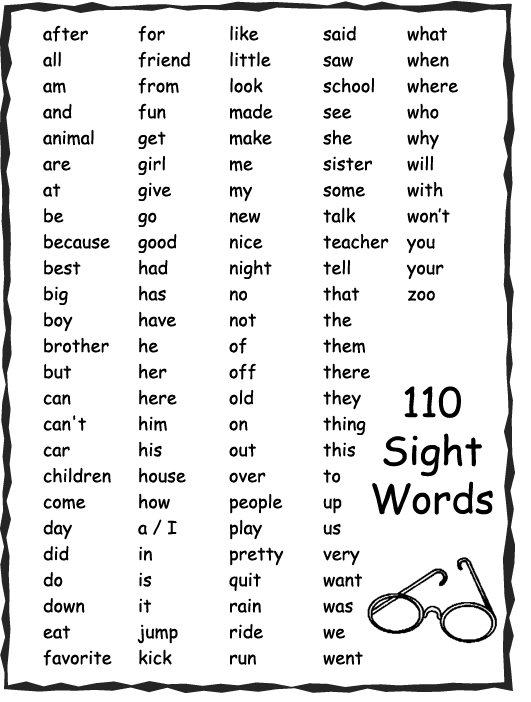 Each type of figurative language includes an introductory page with a definition and examples. The rest of the pages provide opportunities for practice.WHAT'S INCLUDED:✍️ PRINT:30 printable worksheetsRecording SheetsAnswer Keys DIGITAL:Google SlidesEasel ActivityG
Each type of figurative language includes an introductory page with a definition and examples. The rest of the pages provide opportunities for practice.WHAT'S INCLUDED:✍️ PRINT:30 printable worksheetsRecording SheetsAnswer Keys DIGITAL:Google SlidesEasel ActivityG
Subjects:
EFL - ESL - ELD, ELA Test Prep, Vocabulary
Grades:
3rd - 5th
Types:
Independent Work Packet, Worksheets
CCSS:
RL.3.4, RL.6.4, L.3.3, L.3.3a, L.3.5…
Also included in: Figurative Language BUNDLE! Activities, Task Cards, Posters, Digital & more!
by
Lucky Little Learners
$34.00
$23.00
Bundle
Phonics reading passages, or Phonics Mats, are the perfect no-prep, print and go resource to help students turn isolated phonics skills into reading text! Students practice isolated phonics skills, decoding, fluency, and comprehension all in one resource. *** NEW UPDATE *** This resource has been updated with a brand new 2022 version! The new phonics mats have decodable passages, comprehension questions, word writing practice, and a warm-up page for each skill.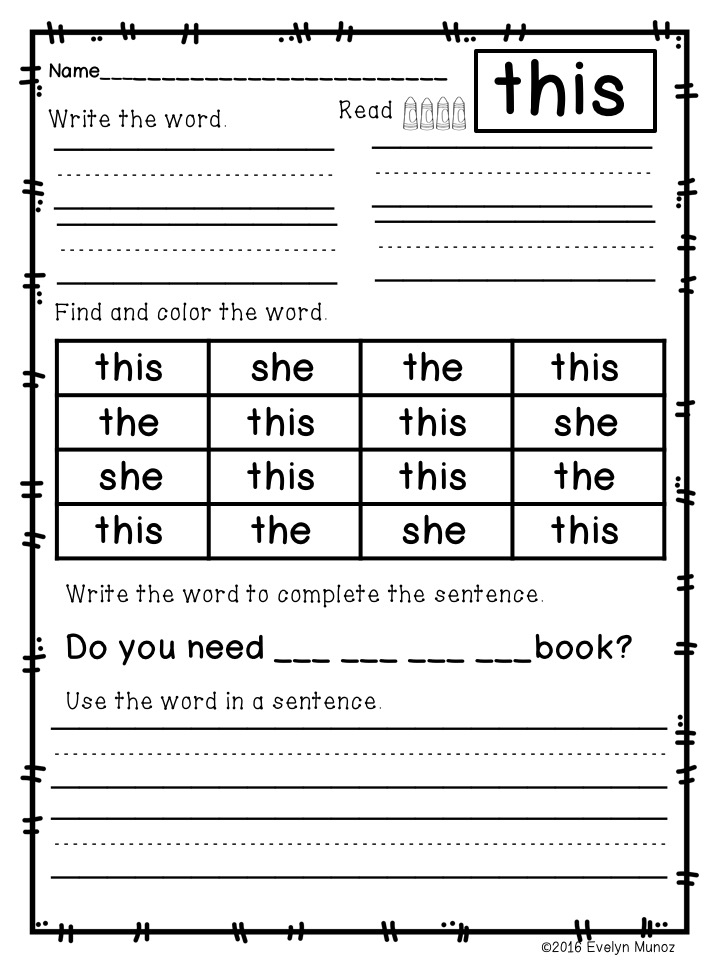 Make sure to download the preview
Make sure to download the preview
Subjects:
Phonics, Reading, Writing
Grades:
Types:
Printables, Worksheets
CCSS:
RF.2.3, RF.2.3a, RF.2.3b, RF.2.3c, RF.2.3d…
by
Teaching in Room 6
$15.99
The ORIGINAL Paragraph of the Week program on TpT! This daily, scaffolded approach to paragraph writing is perfect to help get your students writing good, solid, detailed paragraphs. Students will write one weekly paragraph, focusing on the organization and format of the paragraph itself. There are 36 weeks worth of writing prompts (plus 5 BONUS prompts) in this 258 page file. All of the prompts are student-centered so that they will not get bogged down on the topic but rather focus on wri
Subjects:
Creative Writing, English Language Arts, Writing
Grades:
2nd - 6th
Types:
Centers, Homework, Unit Plans
CCSS:
W.3.3, W.4.3, W.5.3
Also included in: Paragraph of the Week and Essay of the Month Writing Bundle
by
Brooke Brown - Teach Outside the Box
The original STEM Bins® and STEAM Bins®***TOP 5 ALL TIME BEST-SELLING RESOURCE ON TPT!***INCLUDES A FULL STEAM VERSION, SPANISH VERSION, AND FRENCH VERSION!!!Want to see my STEM Bins® up close and personal?! Watch my STEM Bins 101 video series on YouTube! ★STEM BINS 101 VIDEO SERIESClick below to see my answers to Frequently Asked Questions about STEM Bins® :★STEM BINS FAQSTEM Bins® and STEAM Bins for K-5th Grade are the perfect hands-on, play-based solution for:Early FinishersMorning WorkCente
Subjects:
Engineering, Math, Writing
Grades:
PreK - 6th
Types:
Activities, Centers
Also included in: STEM Bins® MEGA BUNDLE - STEM Activities
by
Crystal McGinnis
This Alphabet Find and Highlight Activity makes the perfect alphabet literacy center! This 26 page alphabet activity packet gives students the opportunity to recognize their upper and lowercase alphabet letters.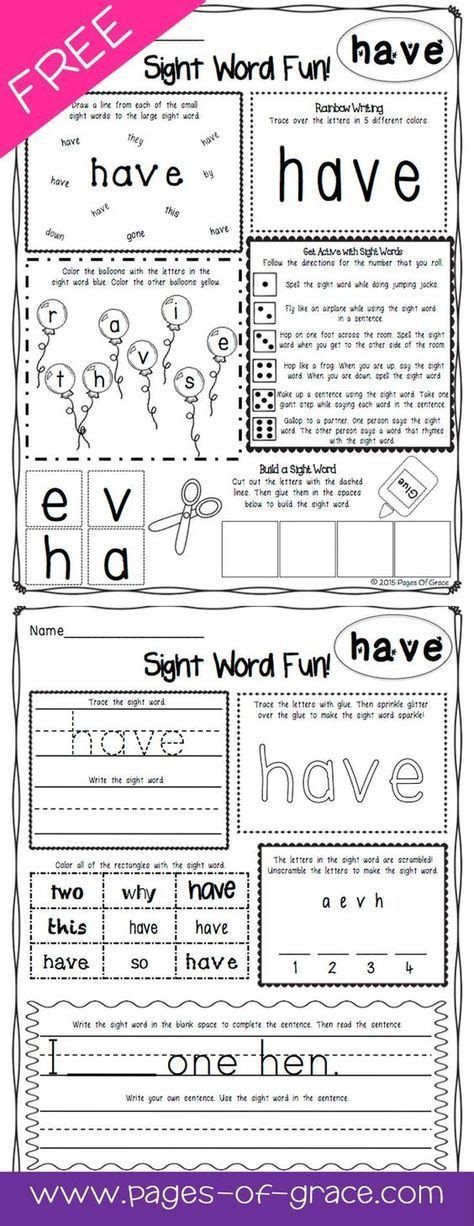 Students find and highlight the upper and lowercase version of each letter of the alphabet. This would make a great literacy station or morning work activity.I also added a TPT Easel version of these printables. (November 2021) Your students can view and highlight the printables digitall
Students find and highlight the upper and lowercase version of each letter of the alphabet. This would make a great literacy station or morning work activity.I also added a TPT Easel version of these printables. (November 2021) Your students can view and highlight the printables digitall
Subjects:
Balanced Literacy
Grades:
PreK - 1st
Types:
Printables
CCSS:
RF.K.1d
Also included in: DOLLAR DEAL COMPLETE BUNDLE! (ALL OF MY DOLLAR DEALS)
by
The Moffatt Girls
This Spring Math and Literacy Packet has it all and requires NO PREP! The resources in this packet are designed to meet Common Core Standards for Kindergarten while making learning FUN, hands-on and interactive! If you like this packet, you may also like our other NO PREP packets:⭐️SAVE BIG WITH⭐️ ALL YEAR Math and Literacy NO PREP Kindergarten⭐️ St. Patrick's Day NO PREP Packet Kindergarten⭐️ Valentine NO PREP (Kindergarten)⭐️ Christmas NO PREP (Kindergarten)⭐️ Fall Math and Literacy (Kinderga
Subjects:
Math, Reading, Spring
Grades:
Types:
Centers, Printables
Also included in: All Year Math and Literacy NO PREP BUNDLE (Kindergarten) Winter
by
My Nerdy Teacher by Alina V
$100.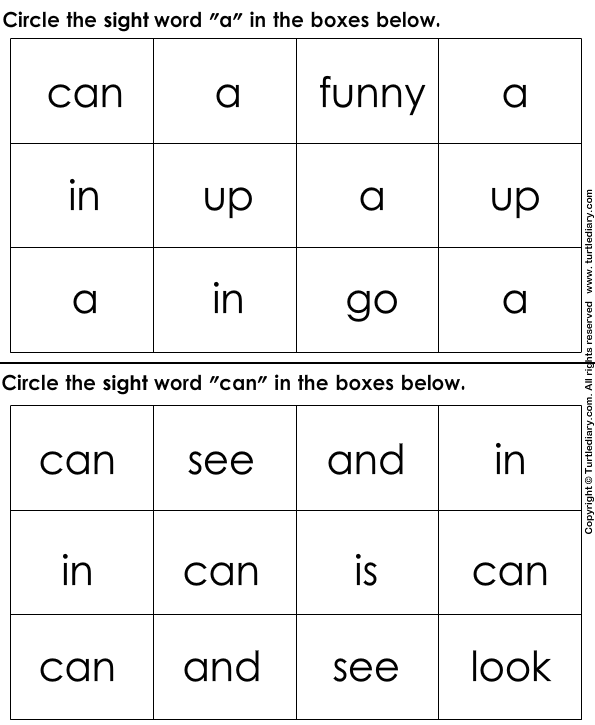 00
00
$19.00
⭐⭐⭐ FLASH SALE ⭐⭐⭐Grab The Decodable Readers Passages Mega Bundle for just $19! Hurry up, time is running out! Your students can practice reading in a fun and engaging way using these decodable texts. Science of Reading AlignedLow Prep Required. Simply print and go.These decodable passages will help your students practice the phonics patterns you're teaching them.Perfect for centers, homework, morning work, and more.Printable and Digital (Google Slides™)Perfect for Preschool Kindergarten, 1st gr
Subjects:
Phonics, Reading, Writing
Grades:
K - 2nd
Types:
Activities, Centers, Printables
CCSS:
RF.K.2d, RF.K.3, RF.K.3c, RF.1.2c, RF.1.2d…
by
Miss DeCarbo
$21.50
This is a no-prep reading intervention binder that is aligned to the science of reading and explicitly teaches and reinforces letter identification, letter sounds, phonemic awareness, handwriting, CVC words, blends, digraphs, nonsense words, phoneme segmentation, sentence fluency, and more! When and where should I use this binder?The No-Prep Reading Intervention Binder is ideal for one-on-one instruction, small reading groups, paraprofessional groups, Tier 2 and Tier 3 intervention groups, pract
Subjects:
English Language Arts, Phonics, Special Education
Grades:
K - 2nd
Types:
Activities, Printables, Worksheets
CCSS:
RF.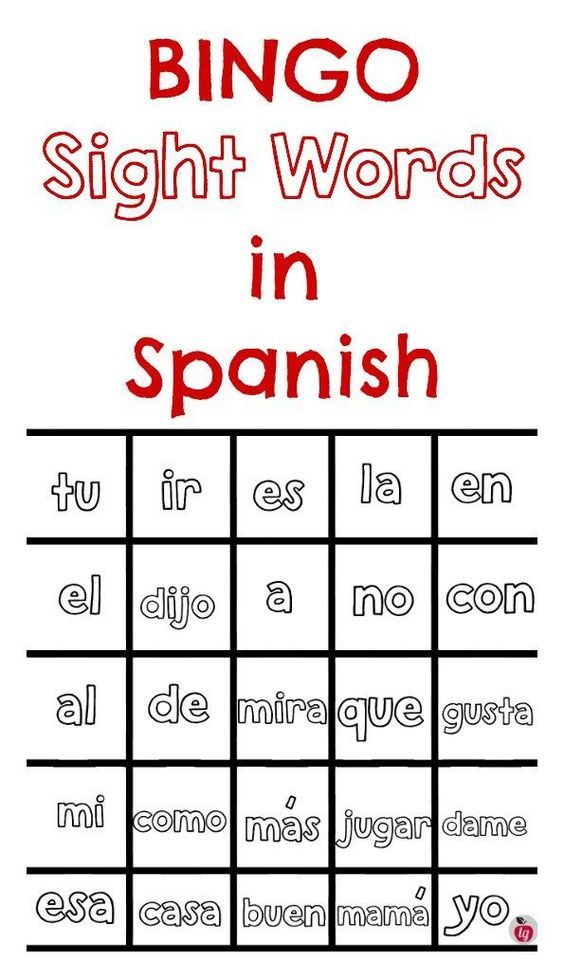 K.1b, RF.K.1d, RF.K.2c, RF.K.2d, RF.K.3…
K.1b, RF.K.1d, RF.K.2c, RF.K.2d, RF.K.3…
Also included in: No Prep Intervention Binder BUNDLE ELA and MATH Distance Learning
by
Susan Jones
These number sense activities and games are perfect to help kindergarten and first grade students gain awareness of the numbers 0-20. Students practice ordering numbers, comparing numbers, building numbers, and identifying different ways to make the numbers 0-20.What is number sense?Number sense is the ability to identify and conceptualize numbers. From an early age, we want our students to be able to identify different quantities and understand what those numerals mean. In this unit, students f
Subjects:
Math, Numbers
Grades:
PreK - 1st
Types:
Activities, Games, Printables
CCSS:
K.CC.A.3, K.CC.B.5, K.NBT.A.1, 1.NBT.A.1
by
Education to the Core
$20.00
$12.00
Education to the Core heard your calls and developed an entire resource dedicated to phonics-based I SPY Activities - updated to include 84 activity pages!Beyond just the phonics skills practice, these worksheets help your students strengthen their visual discrimination, while building their attention and focus skills.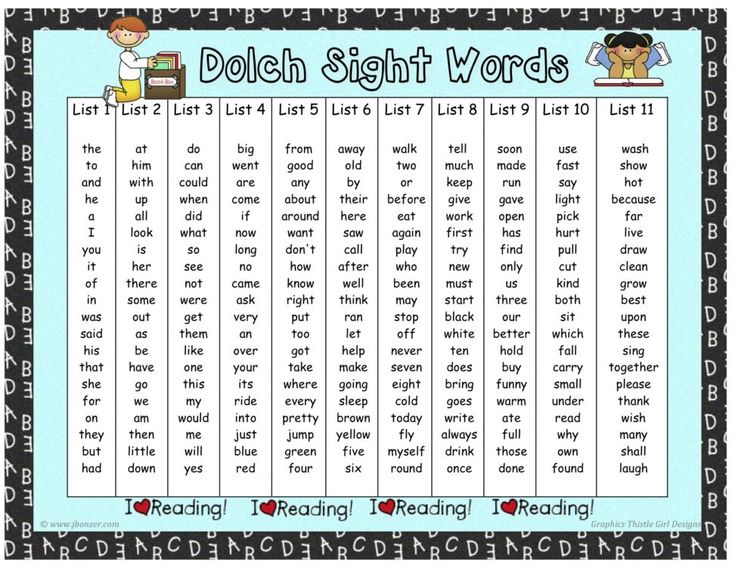 (It takes some time and patience to find all of the images in each activity.)Just imagine how quiet your classroom will be! This is such an engaging activity, your students will b
(It takes some time and patience to find all of the images in each activity.)Just imagine how quiet your classroom will be! This is such an engaging activity, your students will b
Subjects:
Phonics, Spelling, Vocabulary
Grades:
K - 2nd
Types:
Activities, Printables, Worksheets
by
Joey Udovich
$30.00
$17.50
If you need help with classroom organization, look no further! This teacher planner goes beyond lesson plans. It was created to organize just about everything to keep your classroom running smoothly. The best part? You get FREE UPDATES FOR LIFE! Yep…you read that right. This is the last planner you will ever have to buy!➤➤➤ DON’T FORGET TO CLICK THE “VIEW PREVIEW” BUTTON ABOVE TO GET A CLOSER LOOK!_________________________________________________________________________⭐️ Here is a quick overvie
Subjects:
Back to School, Classroom Management, For All Subject Areas
Grades:
PreK - 12th
Types:
Classroom Forms, Printables, Professional Documents
by
Games 4 Learning
This collection of printable games contains 35 games that review multiplication up to 12 x 12.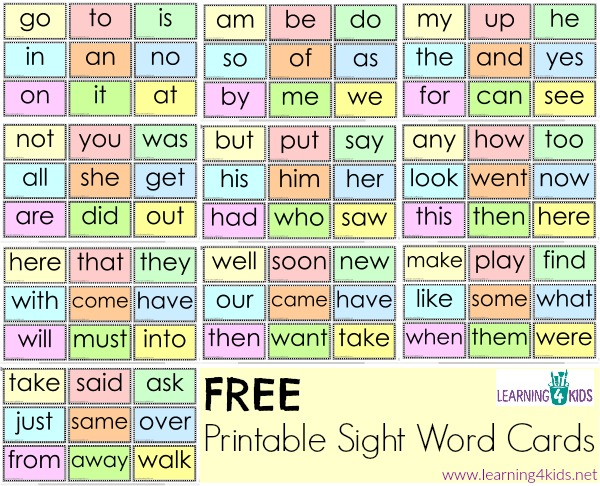 They are a fun way to help students develop fact fluency. These are PRINT and PLAY games. They require NO PREP. Just print and hand out.Each game requires a different multiplication skill. They are designed to make students apply their facts and also to make them think. PRACTICE THEN PLAY:Each game in this set now has a matching activity in NO PREP Multiplication Activities.This collection of multiplic
They are a fun way to help students develop fact fluency. These are PRINT and PLAY games. They require NO PREP. Just print and hand out.Each game requires a different multiplication skill. They are designed to make students apply their facts and also to make them think. PRACTICE THEN PLAY:Each game in this set now has a matching activity in NO PREP Multiplication Activities.This collection of multiplic
Subjects:
Basic Operations, Math, Mental Math
Grades:
2nd - 4th
Types:
Centers, Games
CCSS:
3.OA.C.7
Also included in: Multiplication Worksheets, Games & Activities Bundle Multiplication Fact Fluency
by
The Candy Class
$14.00
Are you looking for ways to implement the science of reading best practices into your classroom? These engaging seasonal no prep reading comprehension passages are a great tool to help your students with their literacy development throughout the year with winter, spring, summer, and fall themes.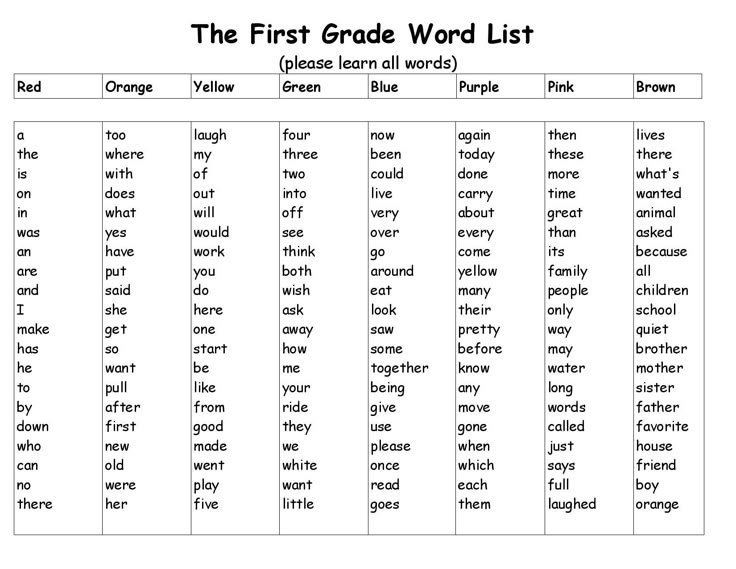 These are fully decodable and target phonics skills. These are scaffolded and build on each other from one passage to the next. They start off with CVC reading passages and move all the way up. The cover
These are fully decodable and target phonics skills. These are scaffolded and build on each other from one passage to the next. They start off with CVC reading passages and move all the way up. The cover
Subjects:
English Language Arts, Phonics, Reading
Grades:
K - 2nd
Types:
Independent Work Packet, Printables, Worksheets
CCSS:
K.CC.A.1, K.CC.A.2, K.NBT.A.1, 1.NBT.A.1, 1.NBT.B.2…
by
My Teaching Pal
$12.50
$8.00
Bundle
Get your students practicing all things related to the alphabet with this HUGE alphabet worksheet bundle. Students will work on letter identification, beginning sounds, letter formation, lower and uppercase letter differentiation and so much more. There are 4 different worksheet types included in this pack which cover each letter of the alphabet. A total of 104 worksheets are included.What’s Included:♥ Alphabet Worksheets – Letter Work♥ Beginning Sounds Worksheets – Color By My Sound♥ Alphabet M
Subjects:
English Language Arts, Phonics, Writing
Grades:
PreK - K
Types:
Activities, Printables, Worksheets
by
Maria Gavin from Kinder Craze
Help your students master writing letters with these tracing and print Alphabet Handwriting Practice Worksheets.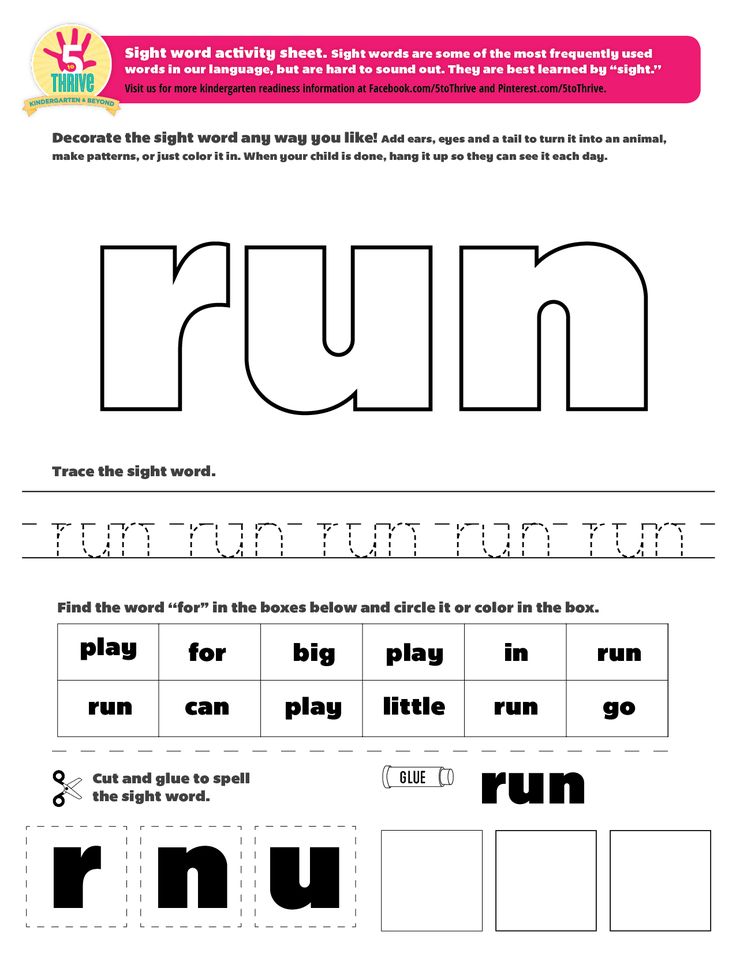 This set includes 2 handwriting practice worksheets for each letter of the alphabet. The 52 pages of alphabet handwriting practice come in the traditional manuscript style of letter formation. Full and half-sheet alphabet handwriting practice pages are provided for each letter of the alphabet. All pages include detailed instructions for printing the featured letter. A boldface repr
This set includes 2 handwriting practice worksheets for each letter of the alphabet. The 52 pages of alphabet handwriting practice come in the traditional manuscript style of letter formation. Full and half-sheet alphabet handwriting practice pages are provided for each letter of the alphabet. All pages include detailed instructions for printing the featured letter. A boldface repr
Subjects:
Balanced Literacy, English Language Arts, Writing
Grades:
PreK - 1st
Types:
Centers, Flash Cards
by
My Teaching Pal
$13.50
$10.00
Bundle
This is a HUGE grammar bundle with 152 worksheets covering common nouns, proper nouns, adjectives, action verbs, pronouns, plurals, irregular nouns, compound words, synonyms, antonyms, contractions, homophones, articles, prepositions, sentences, punctuation, capital letters, conjunctions, commas in a series, commas for adjectives, possessive apostrophe simple/compound/complex sentences and so much more!The packets included are:Grammar Packet 1 – Nouns, adjectives, verbs and more!Grammar Packet 2
Subjects:
English Language Arts, Grammar, Writing
Grades:
K - 2nd
Types:
Centers, Printables, Worksheets
by
Polka Dots Please
$14.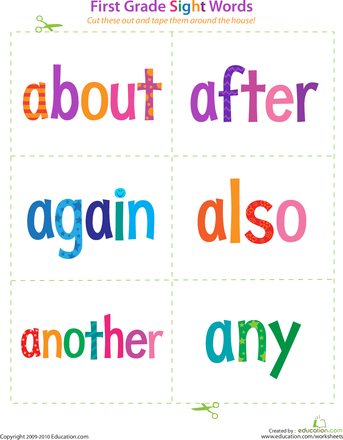 00
00
$10.00
Bundle
You understand the importance of sight word practice! These sight word flashcards help children read high frequency words in isolation and in decodable sentences! Every card helps readers improve their word recognition, fluency, and decoding skills! They are perfect for guided reading, reading lessons, and homework. Click on the preview to see what makes these cards so special!Reading research supports learning new sight words within a sentence. What is included?400 sight word cards with decodab
Subjects:
Phonics, Reading, Reading Strategies
Grades:
PreK - 3rd
Types:
Flash Cards, Printables, Word Walls
by
Patricia Pat Resources
Is writing complete sentences or sentence structure a struggle for your students? If so, you’ll love how these sentence building worksheets will help you teach how to write complete sentences.✏️ The many visuals in the worksheet will help your students COMPREHEND and REMEMBER the correct sentence structure.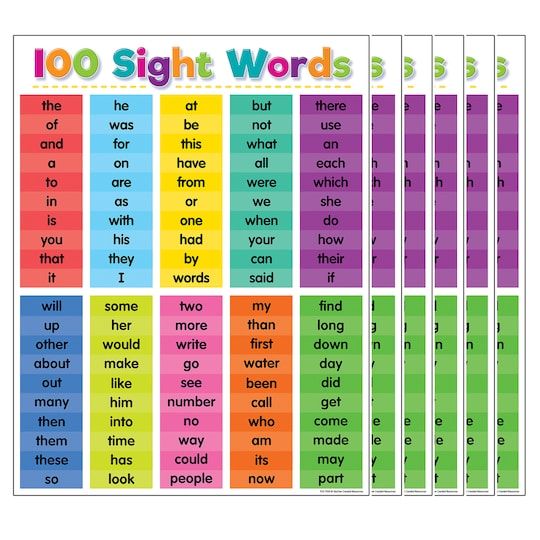 ✏️ This is a no-prep resource that even reluctant writers will love, plus you will save a lot of time with THREE Differentiations and Scaffolding done for you.✏️ These hands-on worksheets wil
✏️ This is a no-prep resource that even reluctant writers will love, plus you will save a lot of time with THREE Differentiations and Scaffolding done for you.✏️ These hands-on worksheets wil
Subjects:
EFL - ESL - ELD, English Language Arts, Special Education
Grades:
K - 2nd
Types:
Centers, Homeschool Curricula, Homework
CCSS:
RI.2.1, RF.1.1a, W.K.2, W.2.3, SL.1.5…
Also included in: Sentence Writing Center | Complete Sentences | Sentence Structure | Small Groups
by
Pink Cat Studio
$21.00
$4.99
These fun and engaging differentiated sight words mystery pictures are perfect for literacy centers, morning work, early finishers, distance learning, substitutes and homework. This bundle includes 14 unique pictures, one for each of the following occasions/themes: Back to School, Fall, Halloween, Thanksgiving, Christmas, Winter, Valentine's Day, Earth Day, Easter, St. Patrick's Day, Mother's Day, End of Year Graduation, Summer Bee and Superhero.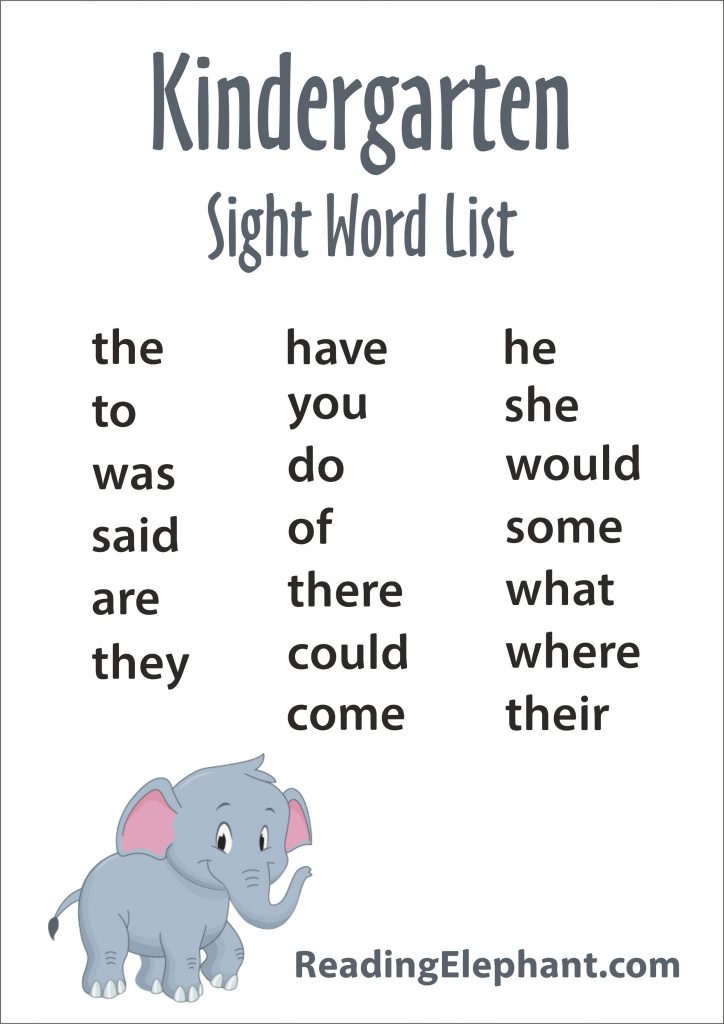 Each of the 14 mystery pictures has 55 worksheets
Each of the 14 mystery pictures has 55 worksheets
Subjects:
Easter, Spring, Vocabulary
Grades:
K - 2nd
Types:
Activities, Centers, Printables
CCSS:
RF.K.3c
by
FREE YOUR HEART
KINDERGARTEN PHONICS WRITING CVC WORKSHEETS: 30 DIFFERENTIATED PRINTABLES FOR SEGMENTING BEGINNING, MIDDLE, AND ENDING SOUNDSThis resource pack is a great tool to practice writing cvc words in a differentiated way! Included are 30 printables containing clear and attractive pictures!⭐⭐⭐PLEASE NOTE THAT THIS PRODUCT IS AVAILABLE IN A MONEY SAVING CVC BUNDLE!⭐⭐⭐CVC WORDS WORKSHEETS INCLUDED:I can write the beginning sound! (5 sheets)I can write the missing vowel! (5 sheets)I can write the ending
Subjects:
Phonics, Spelling, Writing
Grades:
K - 1st
Types:
Activities, Independent Work Packet, Worksheets
CCSS:
RF.K.2d, RF.K.3, RF.K.3a, L.K.2c, L.K.2d
Also included in: BLENDING & SEGMENTING CVC WORDS ACTIVITY KINDERGARTEN PHONICS CENTERS WORKSHEETS
by
First Grade Freckles
Update 10/2022: Real Mouth Photos are now included.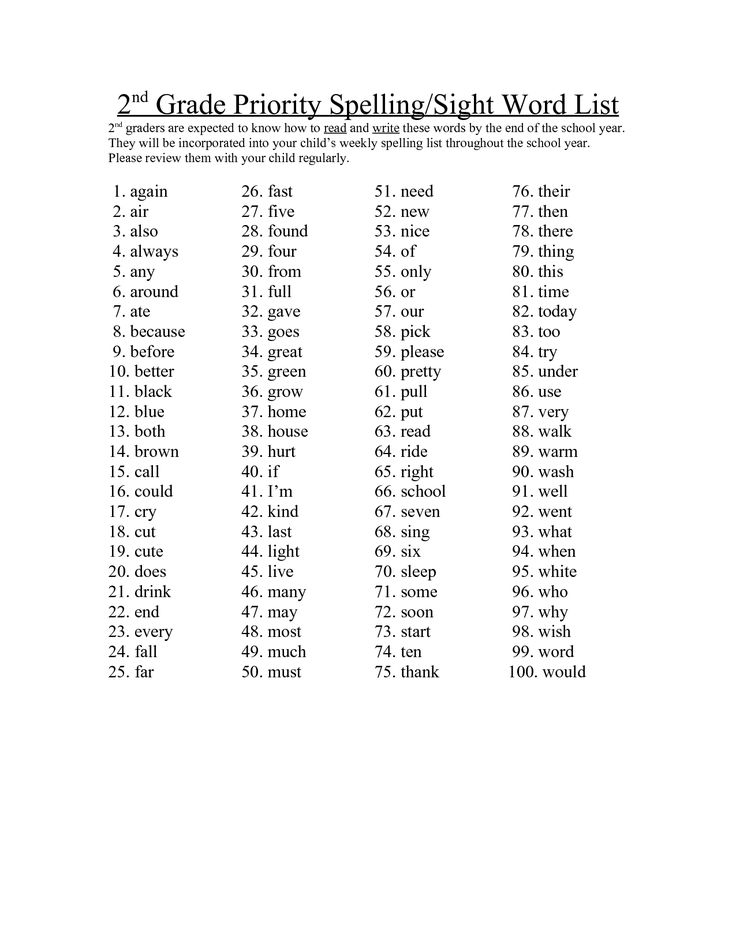 Update 07/2022: Boho Color scheme now included.Reading research has confirmed how important it is for students to learn explicit phonetic skills. This classroom resource is worth the wall space! There are so many options here you can hang what your specific program or sequence needs. Options span from basic kindergarten phonics skills to advanced skills found in third grade. These are also great for classrooms serving students needing suppor
Update 07/2022: Boho Color scheme now included.Reading research has confirmed how important it is for students to learn explicit phonetic skills. This classroom resource is worth the wall space! There are so many options here you can hang what your specific program or sequence needs. Options span from basic kindergarten phonics skills to advanced skills found in third grade. These are also great for classrooms serving students needing suppor
Subjects:
Phonics, Reading, Writing
Grades:
K - 3rd
Types:
Bulletin Board Ideas
CCSS:
RF.K.3, RF.1.3, RF.2.3, RF.3.3
by
WholeHearted School Counseling
$10.75
Our Calm Down Corner kit has EVERYTHING you need to help your students with self-regulation, and will be a true game changer for your classroom management. It's the perfect social emotional learning and behavior management tool that's essential for every elementary classroom! You'll be able to create a beautiful break space where students can independently use coping strategies to self-regulate and manage their big feelings. All the while reducing classroom disruptions, making it easier for you
All the while reducing classroom disruptions, making it easier for you
Subjects:
Classroom Management, School Counseling, Social Emotional Learning
Grades:
K - 6th
Types:
Activities, Posters, Worksheets
Also included in: Self-Regulation Coping Skills Bundle: Calm Corner, SEL Lessons, Games & Decor
44 words that we use incorrectly
1. Autobiography
“Fill out the questionnaire and write your autobiography” — we often hear such phrases and do not think that this is an error from the “butter oil” category. An autobiography is a description of one's life (autos - "myself", bios - "life" and grapho - "I write"). It is impossible to write someone else's autobiography, so the use of a possessive pronoun in this case is unnecessary.
2. Ambitious
Think before you write ambitious in the column of your merits in your resume. Ambitious and purposeful person are different concepts. Ambition is heightened self-esteem, excessive self-conceit, as well as various claims and claims.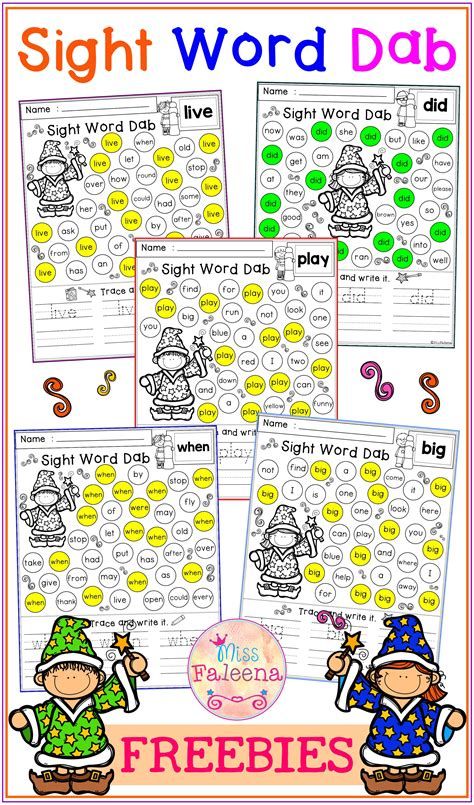 The adjective derived from this word also has a negative emotional connotation.
The adjective derived from this word also has a negative emotional connotation.
3. Appeal - operate
These words are often confused. In fact, they are completely different. To appeal means to turn to someone or something for support: "Appeal to authority." This word is interpreted even more narrowly in legal practice: an appeal is a complaint, to appeal is to protest something. You can operate with some tools or data. “The expert operates with statistics” means that he skillfully demonstrates it. If he calls for statistical research to help, then he is already appealing to statistics.
4. A priori
This adverb is understood by many as something self-evident, requiring no proof. But in philosophy, to think a priori means to have an idea about something without having tested it in practice (from the Latin a priori - “from the previous”). The antonym is the word "a posteriori" - a judgment based on experience. So you can't be a priori sure of the meaning of a word until you look it up in a dictionary.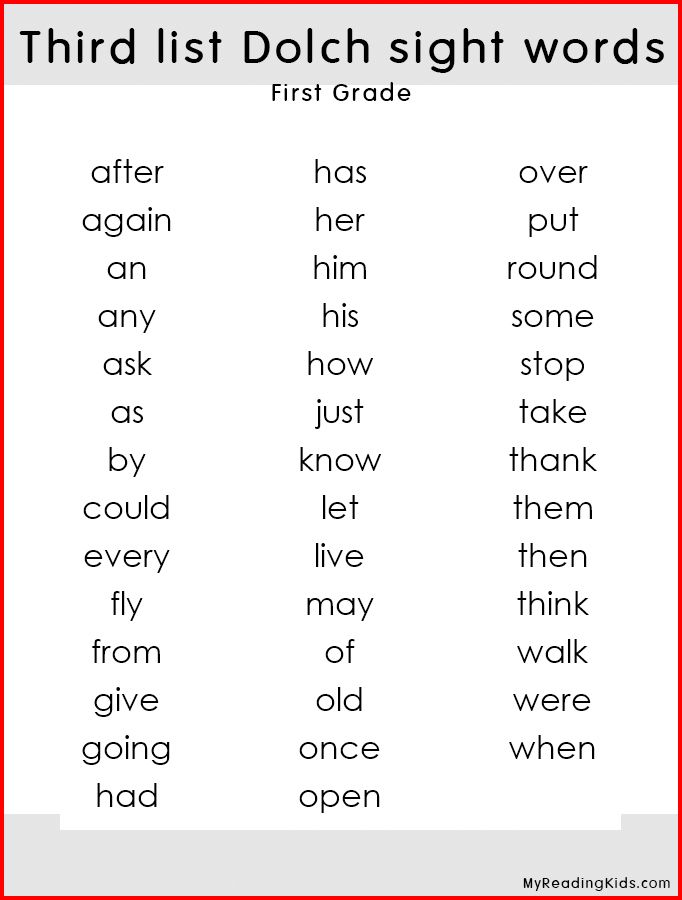
5. Test - try
These words are sometimes used as synonyms. To avoid such a mistake, remember: to test means to check and approve. As a rule, we are talking about some kind of official procedures: "Scientists have tested a new medicine - it will soon go on sale." You can’t test semolina, unless, of course, this is some kind of large study, the results of which will be issued a written opinion.
Test yourself 🧐
- TEST: Do you really know Russian?
6. Asexual
Sometimes this is the wrong name for an unattractive person. The term "asexual" means a weak sexual instinct. An asexual person can be cute as hell, but also indifferent to sex.
7. Authentic
Buzzword. Every now and then something becomes authentic - cafes, performances and even people. But the word "authenticity" ≠ "originality". It means authenticity, correspondence to the original. Authentic can be a contract or a product, as well as works of art.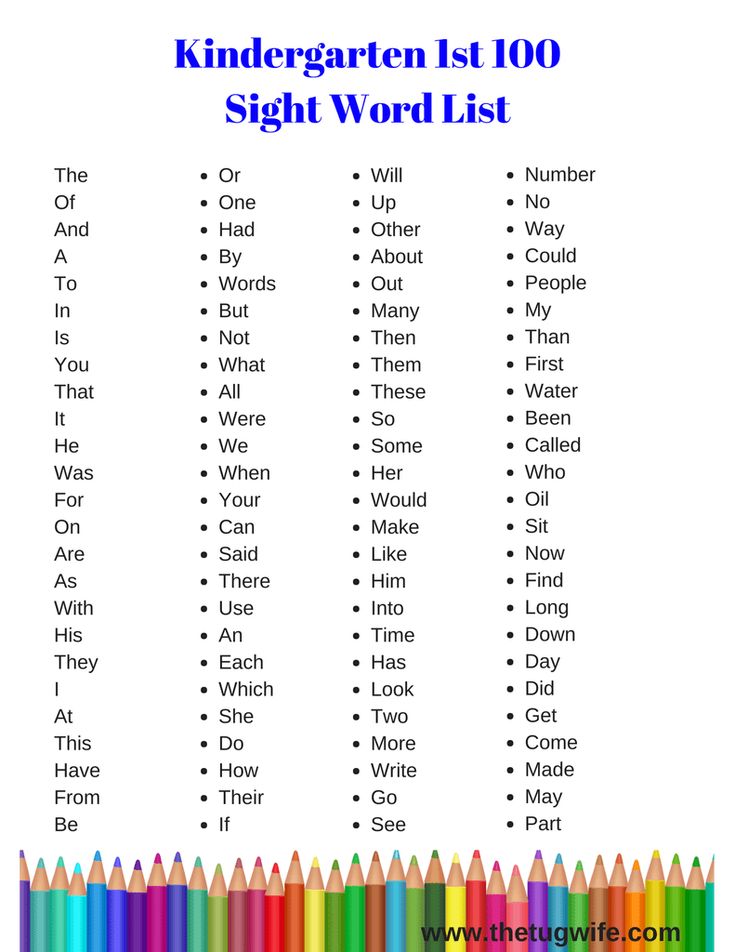
8. Hypothesis - theory
Similar but not identical concepts. A hypothesis is a scientific assumption put forward to justify a phenomenon and requiring experimental verification. Theory (in one of the meanings) is an opinion about something, developed on the basis of observations. In other words, within the framework of any theory, a hypothesis can be put forward in order to prove certain provisions of this theory.
9. Dilemma is a problem
Solving a dilemma and coping with a problem are not the same thing. A dilemma is a difficult choice between two mutually exclusive options. To be or not to be? The third, as a rule, is not given. A problem is, first of all, an unpleasant situation with many or no solutions.
10. Agreement - contract
Very similar concepts, but there are semantic and legal nuances. A contract is an agreement between two or more persons. According to civil law, it can be concluded both in writing and orally. A contract is always a written agreement.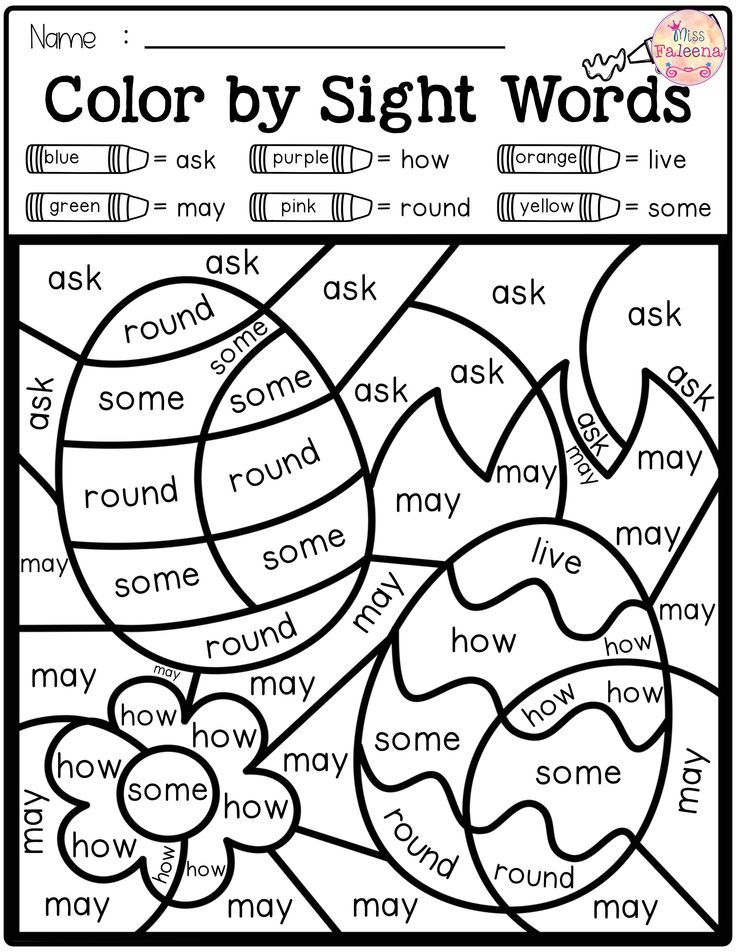 Moreover, according to the current legislation, one of its parties, as a rule, is the state.
Moreover, according to the current legislation, one of its parties, as a rule, is the state.
11. Significant - significant
There is also a lot of confusion with these adjectives. Significant, that is, having weight or having a special meaning, can be, for example, words. Significant is, first of all, large in size or strength; something of great importance. Therefore, the profit of the company will always be significant.
12. For — so that
These conjunctions are often used incorrectly, because they do not know their meaning. Look in the dictionary so as not to make a mistake when attaching a subordinate clause. The union “for” corresponds to the unions “because” and “since”, and “in order” to the union “so that”.
13. Ideology - ideological
These concepts cannot be substituted for each other. Ideology is a system of views that forms a worldview. Previously, the world was clearly divided into adherents of a particular political and economic ideology.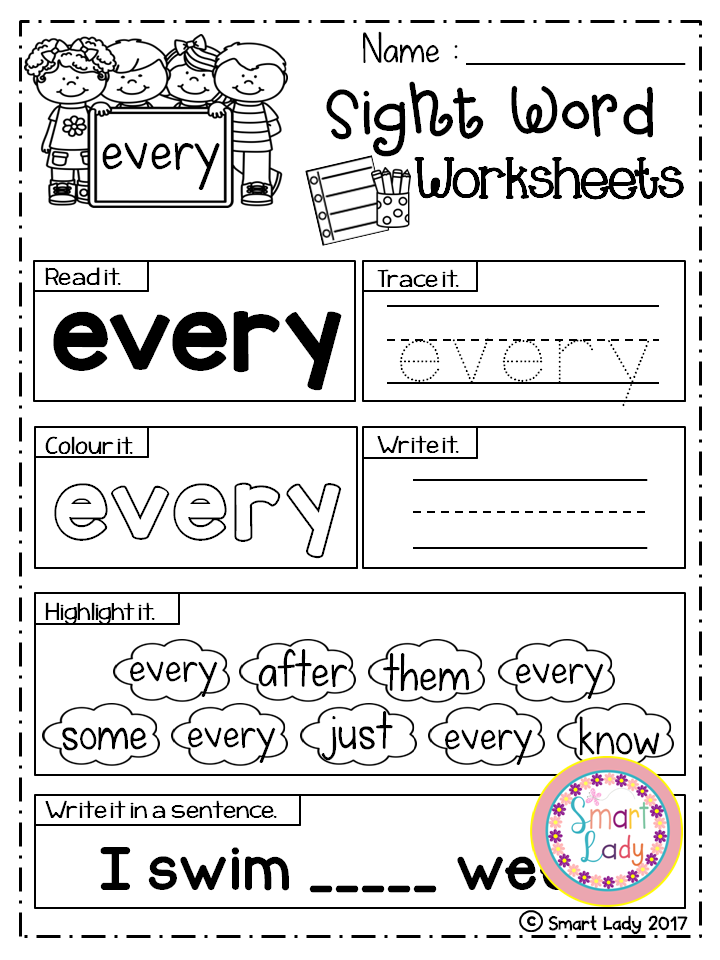 Ideology is loyalty to any point of view, idea.
Ideology is loyalty to any point of view, idea.
14. Quintessence
This word comes from the Latin quinta essentia - "fifth essence". In ancient and medieval philosophy, the quintessence was called the essence, the basis of anything. Now, for some reason, this term is used when combining various concepts, for example: “The author noticed that his book is the quintessence of many genres, connecting many plots.” And this, of course, is not true.
Find out 🤔
- QUIZ: How good are you at spelling double consonants?
15. Business traveler - business traveler
"Places in the hotel only for business travelers" - many will pass by such an announcement without suspecting a dirty trick. But a business trip is something inanimate, related to a business trip. You can't talk about people like that. A person who went somewhere to carry out an official assignment is on a business trip: “For the seconded employees, the company rented a hotel and pays them travel allowances.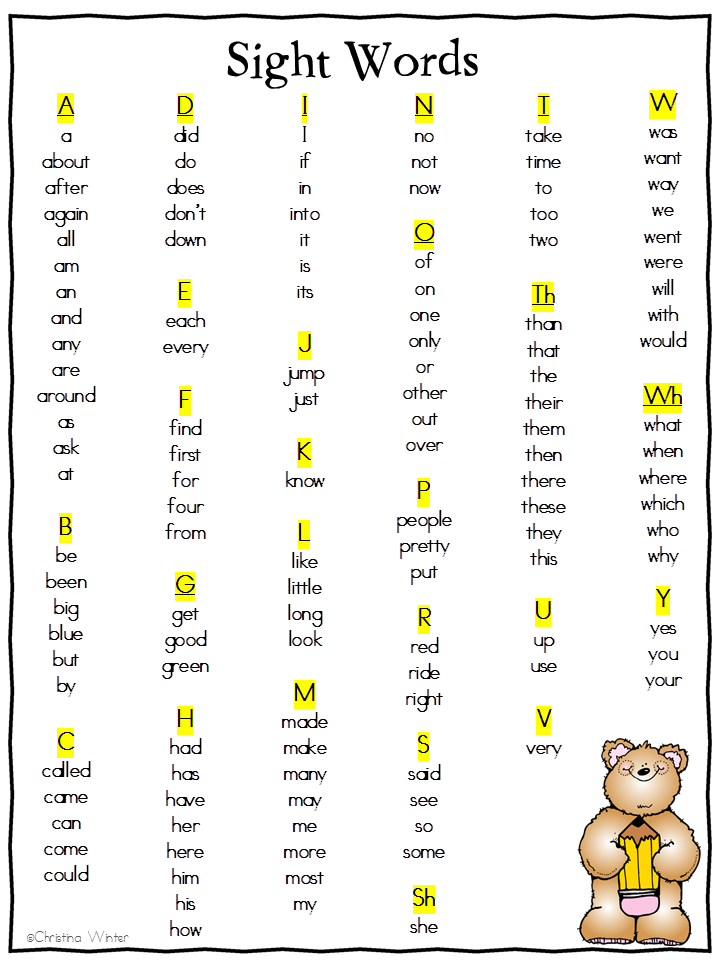 ”
”
16. Comme il faut
When we hear the phrase “Call him, otherwise I am somehow not comme il faut”, we immediately understand that one person is embarrassed to dial the number of another. This word is often used in the sense of "convenient / uncomfortable" or "comfortable / uncomfortable." Few people know that the dictionary meaning of the word "comme il faut" is refined, refined, corresponding to the rules of good manners. “In public he keeps himself comme il faut, but at home…”
17. Competence is competence
Knowledge and experience in a certain area should not be confused with the ability to use them. For example, if a company has a vacancy for a lawyer, then only a person with a higher legal education (competence) can fill it. But the presence of a diploma does not guarantee the competence of applicants.
18. Congenial
Many people believe that this is a superlative form of the adjective "genius". Like, congenial - it's like ingenious, only even better.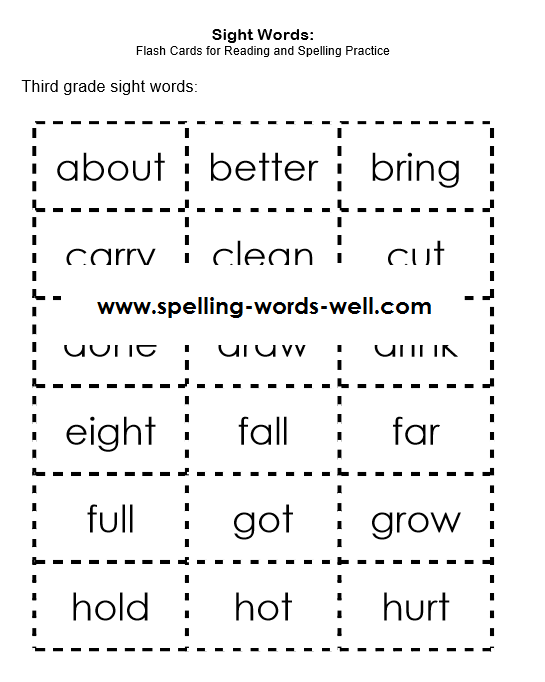 But the word actually comes from the Latin con (together) and genialis (related to genius). At the same time, “genius” in Latin is a spirit. Thus, congenial is close in spirit. A congenial person is one who is close in mindset and values.
But the word actually comes from the Latin con (together) and genialis (related to genius). At the same time, “genius” in Latin is a spirit. Thus, congenial is close in spirit. A congenial person is one who is close in mindset and values.
19. Credit - loan
These terms can sometimes be used interchangeably (depending on the context). However, it is important to remember the legal differences between these concepts. On credit, a bank or other credit institution issues money, for which interest is charged. The subject of a loan can be not only money, but also things, and not necessarily on a reimbursable basis.
20. Liberalism-libertarianism
Two ideological trends with similar names but different content. Liberalism unites supporters of the parliamentary system, broad political freedoms and entrepreneurship. The main feature of libertarianism is the ban on "aggressive violence". Supporters of this political trend believe that any manifestation of force and even the threat of its manifestation should be punished by law.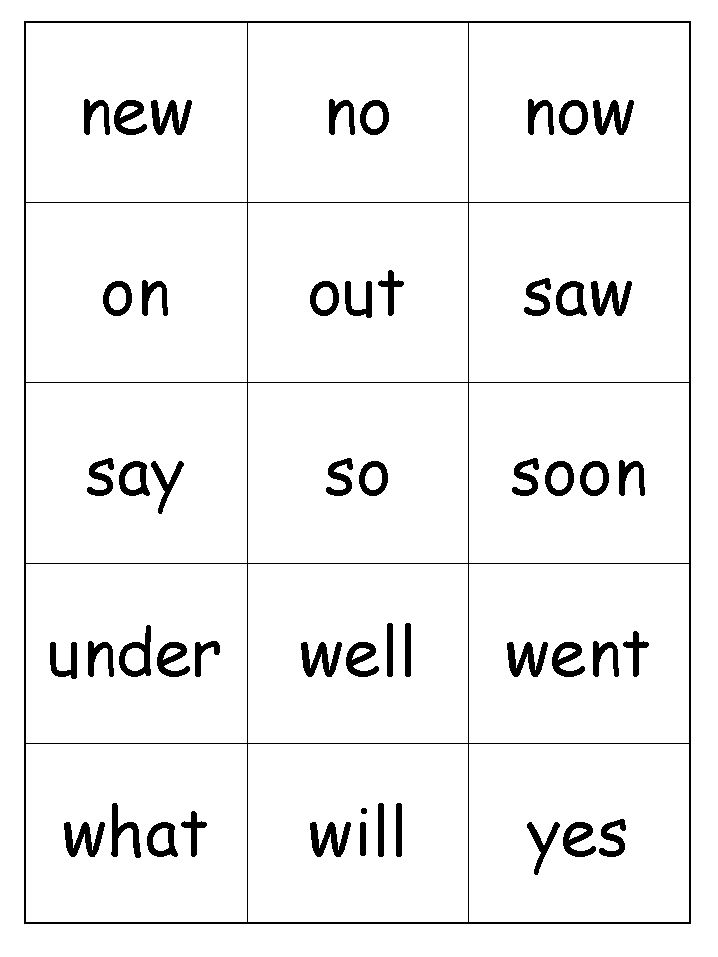
21. Loyal
Many people equate this word with indulgence: “If you got a teacher who was loyal, he delivered it automatically.” Let's look at the dictionary: "Loyal - loyal to the existing state power, the existing order." Only in the second meaning - a correct attitude towards someone or something - is loyalty similar to indulgence, but it is still impossible to put an equal sign between these concepts.
22. Marginal
When the press does not want to offend the homeless or beggars, they are “politely” called marginal. But in sociology the term is much broader. A marginal is someone who finds himself in a new situation and has not yet adapted to it. For example, a marginal position is occupied by a person who has just moved from the village to the city.
23. Misalliance - union
Following the logic that "alliance" is the root, some believe that misalliance represents some kind of union of people or states. In fact, misalliance is nothing more than an unequal marriage (the root is “misalliance”). The phrase "Misalliance of Japan and Korea" can sound ambiguous, and sometimes offensive.
The phrase "Misalliance of Japan and Korea" can sound ambiguous, and sometimes offensive.
24. Misanthrope
Avoids people, does not seek to communicate - this characteristic suits not only misanthropes, but also introverts. Therefore, these concepts are often confused and identified. But a misanthrope (literally, a misanthrope) does not just reduce social contacts to a minimum - people enrage him. He does not trust anyone, he sees only the bad in everything and suspects everyone of something. Misanthropy can be selective and manifest itself in hatred only for men or, conversely, for women. Introverts, for the most part, are complete darlings.
Memorize 😧
- 25 words that confuse many when writing
25. Mental - conceivable
Feel the difference with examples: “Is it conceivable to fail a session!” mother screamed in rage. “La-li-lay…” the daughter sang in her mind. Mental is imaginary, living somewhere in your thoughts. And conceivable is something that is difficult to imagine (but possible).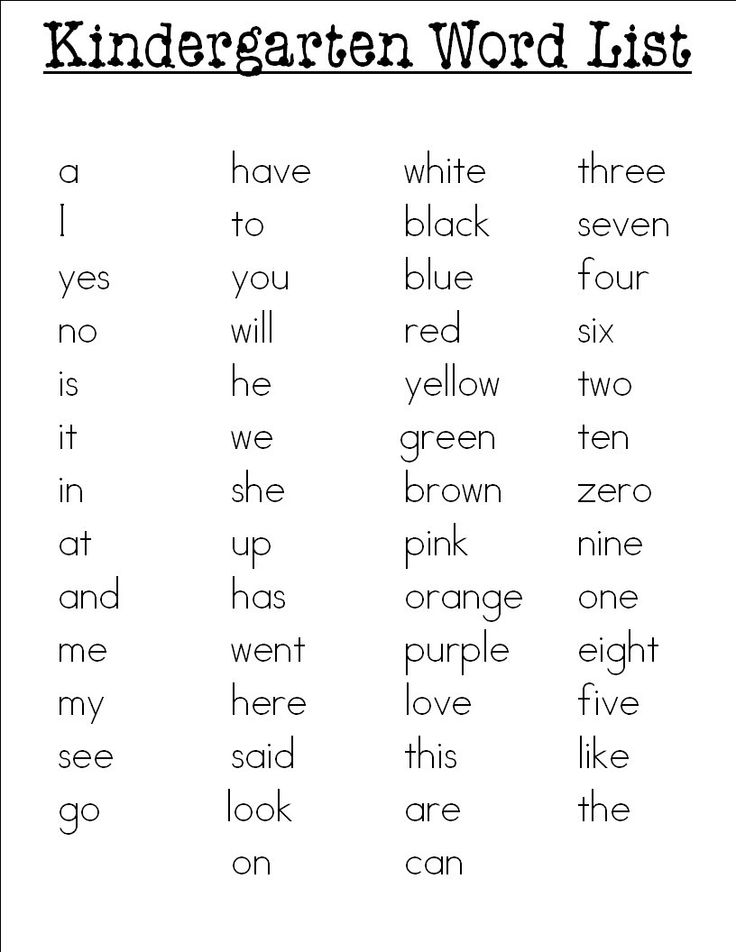
26. Unpalatable - unpleasant
The first word is often used as a synonym for the second: “What a hard-hitting type!” But to say so is wrong. In fact, impartial - impartial, fair, one who does not seek to please anyone. If someone called you an impartial person, consider that you were given a compliment.
27. Intolerant - intolerable
Words similar in spelling but different in meaning. An intolerant is someone who is not tolerant, or something that cannot be tolerated. For example, an intolerant misanthrope or intolerant rudeness. Intolerable is unbearable, acting so strongly that it cannot be tolerated. Unbearable is the pain or the wind.
28. Nonsense
This word is often given the wrong meaning: “The new iPhone is just nonsense!” They wanted to emphasize the incredible coolness and sensationalism of the gadget, but they said that it was nonsense and absurdity. After all, this is the meaning of the word "nonsense".
29. Odious
Be wary if someone in your environment is called an odious person.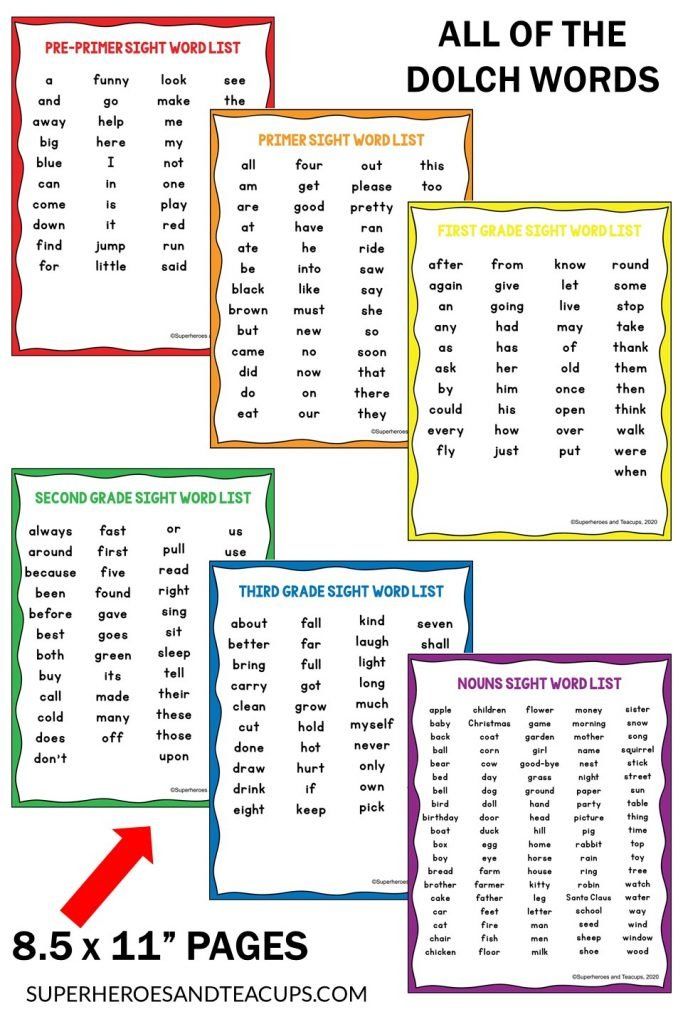 It’s good if people just don’t know that odious is not extravagant and extraordinary, but unpleasant, causing a storm of negative emotions. And suddenly not?
It’s good if people just don’t know that odious is not extravagant and extraordinary, but unpleasant, causing a storm of negative emotions. And suddenly not?
30. Organic — organic
Adjectives that are easy to get confused about if you don't understand once and for all that organic is determined by the very essence of someone or something (synonymous with natural). Organic means pertaining to a living organism. Even more narrowly - consisting of carbon. Example: "The monument to doctors struggling with organic brain lesions fits organically into the landscape of the city."
31. Paphos
This word is often understood as pretense. In fact, translated from the Greek páthos means "passion". Paphos is a spiritual uplift, inspiration. In literary works, this term denotes the highest emotional point reached by the characters and found a response in the hearts of readers.
32. Teacher - teacher
These words are often equated, although these concepts are by no means identical. A teacher is a person who is engaged in teaching or educational activities (a synonym is a mentor). A teacher is an employee of a secondary or higher educational institution who teaches a subject (a teacher of mathematics, a teacher of literature). Thus, a teacher is a kind of activity, a profession, and a teacher is a specialization.
A teacher is a person who is engaged in teaching or educational activities (a synonym is a mentor). A teacher is an employee of a secondary or higher educational institution who teaches a subject (a teacher of mathematics, a teacher of literature). Thus, a teacher is a kind of activity, a profession, and a teacher is a specialization.
33. Gift - souvenir
Using these words as synonyms is not always appropriate. A souvenir is a memorabilia associated with visiting a place. What we buy as a memory of a country, city or person. The expressions "memorable souvenir" or "memorial souvenir" have semantic redundancy. If the present is not related to the trip, it is better to write “gift”.
34. Under the auspices
According to ancient Greek mythology, the aegis is Zeus' cloak with magical properties. To be under the auspices means to be under the protection of some powerful force, to rely on the support of someone or something. It is wrong to use this expression in the meaning of "under the pretext".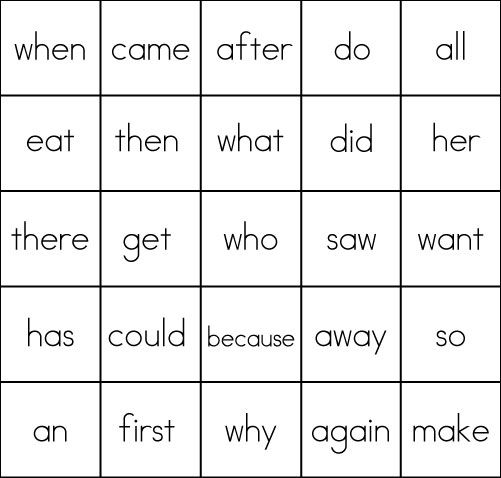 It cannot be said: "Under the auspices of consumer protection, Rospotrebnadzor conducted a raid on the city's retail outlets."
It cannot be said: "Under the auspices of consumer protection, Rospotrebnadzor conducted a raid on the city's retail outlets."
Don't do that! 😤
- 30 mistakes in written and oral speech, for which one should be ashamed
35. Change - change
Words that should not be mixed in written literary speech. To change means to give what is yours and receive something else instead, that is, to exchange something. To change means to make something different. The expression "He completely changed his life" is wrong, as is "She changed her maiden name to her husband's name."
36. Almost - almost
These adverbs are often confused. You can write “Almost everything remains the same” and “Almost everything remains the same”, but the meaning will be different. The adverb "practically" can be replaced by the expression "in practice" or "as a matter of fact". Then our example will sound like this: “In practice, everything remains the same” or “In fact, everything remains the same. ” In other words, things are still there. The adverb "almost" means that something is missing, it can be replaced by the expression "almost". The sentence “Without a little, everything remains the same” has a different semantic connotation: something has been done, but not much.
” In other words, things are still there. The adverb "almost" means that something is missing, it can be replaced by the expression "almost". The sentence “Without a little, everything remains the same” has a different semantic connotation: something has been done, but not much.
37. Painting - signature
Related words, but do not identify them. A signature is an inscription under something (under + write). For example, write a surname under the text of the contract. Painting is decorative painting on walls, ceilings or objects. From a literary point of view, the request to put a signature in the act is incorrect. You can replace a signature with a painting only in colloquial speech.
38. Today's - current
"Today", that is, referring to the current day, should not be confused with the word "current". The last concept is broader. It covers everything related to the coming year (month, summer, season).
39. Sentence
Sentences are usually understood as some statements, remarks or theses.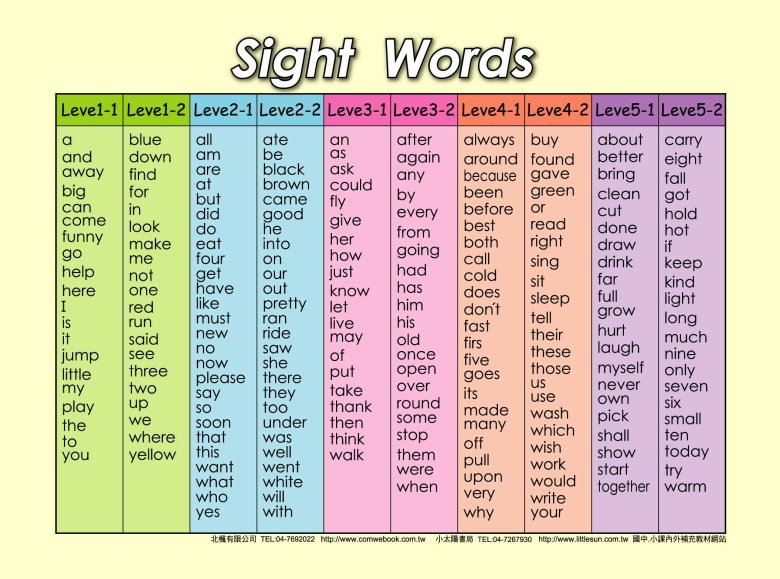 But it is important to remember that, according to the dictionary, these should not be any statements, but sayings of a moralizing nature.
But it is important to remember that, according to the dictionary, these should not be any statements, but sayings of a moralizing nature.
40. A sociopath is a sociophobe
The first suffers from a dissocial personality disorder, and therefore does not take into account social norms and rules, does not care about morality and constantly challenges others. The second is a person who is afraid of society. He may be afraid to talk to a stranger on the street or be in a crowded place. Sociopathy is a type of mental disorder, social phobia is a type of phobia. It is impossible to put an equal sign between these concepts.
41. Typical - typical
Consonant, but different words. Do not confuse: typical - embodying the characteristic features of someone or something. Typical - this is corresponding to some sample.
42. Frustration - prostration
These concepts are often confused even by psychologists themselves. Frustration is a feeling of anxiety arising from the inability to achieve the desired.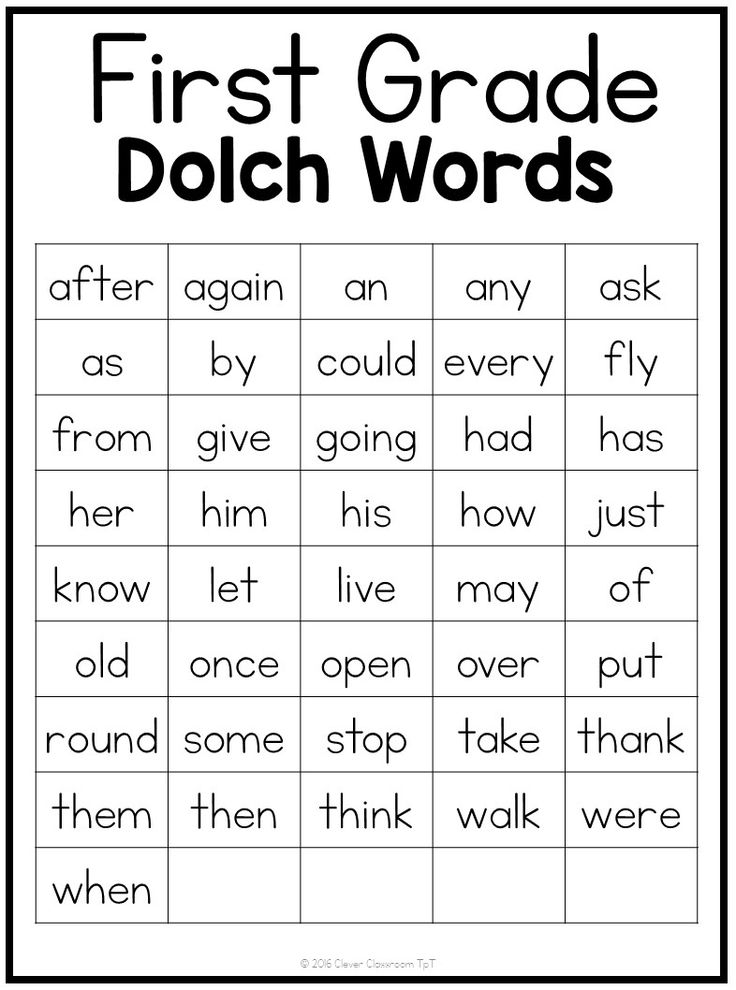 In other words, dissatisfaction. Prostration is an oppressed, apathetic state, a breakdown, when you do not want and cannot do anything.
In other words, dissatisfaction. Prostration is an oppressed, apathetic state, a breakdown, when you do not want and cannot do anything.
Make no mistake 🤷♀️
- 12 borrowed words in which it is easy to make a mistake
43. Functionality is functionality
Even serious IT publications make an unfortunate mistake, calling functionality functionality and vice versa. It's not the same thing. Functionality is a set of possible use cases or possible actions performed by an object: the functionality of a smartphone or laptop. A functional is a numerical function defined on a vector space.
44. Empathy
This psychological term is sometimes confused and identified with sympathy. Empathy is the ability to enter into the emotional state of another person, to feel his experiences. Far from always we can take the place of another person, even if we like him.
Read also 🧐
- Pasta or pasta? 20 words you're using incorrectly in the plural
- 13 common words that came from prison jargon
- Why is there so much debate about feminists?
20 pairs of similar words in English that it's time to stop confusing ‹ Ingles
Today we will analyze 20 pairs of words that are similar in spelling and sound in English.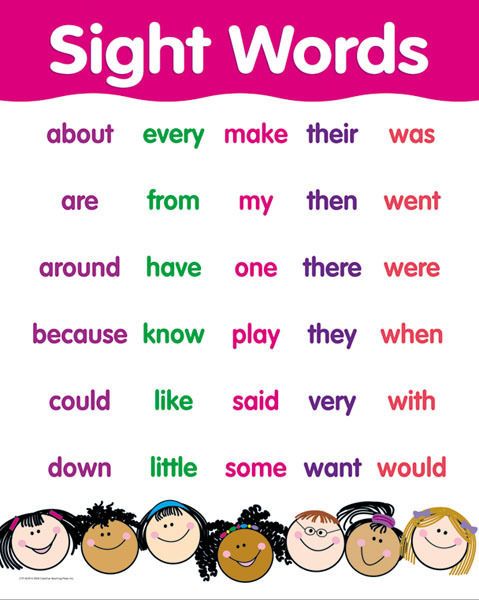 You will learn not to confuse the diary with dairy products, but the fair with fares.
You will learn not to confuse the diary with dairy products, but the fair with fares.
In the article we give the exact meanings of words, their synonyms, and also give examples of their use in speech. After watching the video below, you will hear the correct pronunciation of some of the words from our list. And you can practice difficult words in your speech in a lesson with one of our teachers.
2. Affect or effect
| Characteristic | Word0264 affects my mood . | Good music can have a positive effect on our health. — Good music can have a positive effect on our health. | |
|---|---|---|---|
The word affect most often appears as a verb, and effect as a noun. As a verb to effect, it is sometimes used in formal speech in the sense of "lead to the fulfillment", "to carry out", "to accomplish". Here is an example:
This politician has
The word desert can also be used as a verb meaning "leave", "leave". Here is an example:
Birds deserted To envelop is a verb, an envelope is a noun. Words can be remembered like this: you need a noun e , so we write envelop e . a wrapper, a covering Usage example Fog enveloped our city. — Fog enveloped our city . 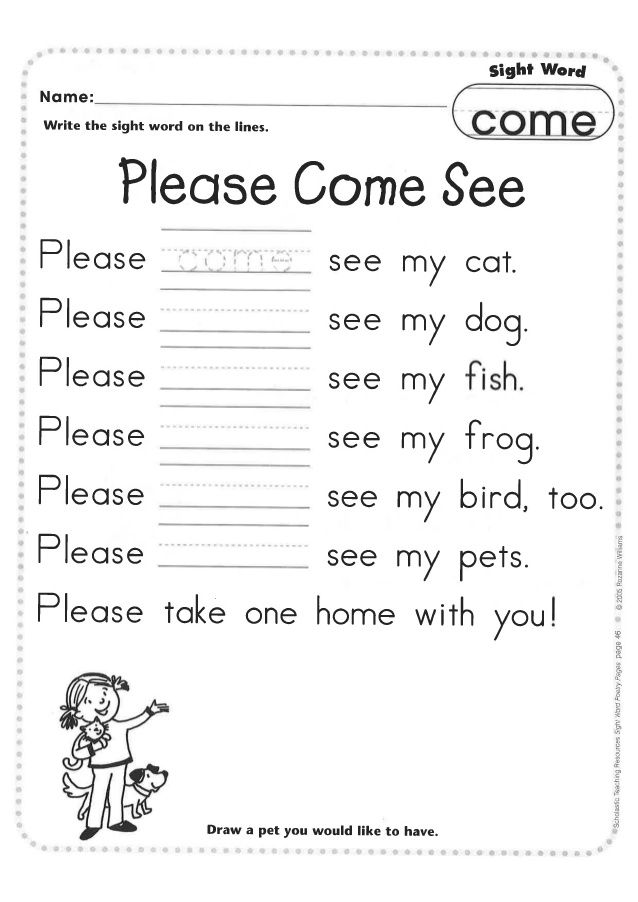
Please, find an envelope for my letter. — Please find envelope for my letter. 5. Loose or lose
The seaman loosed the ropes and threw his weight on the sail. - Sailor loosened the ropes and leaned on the sail with all his weight.
You'll lose the game if you don't train. “You will lose in the game if you don’t practice.
Most often loose is used as an adjective and lose as a verb.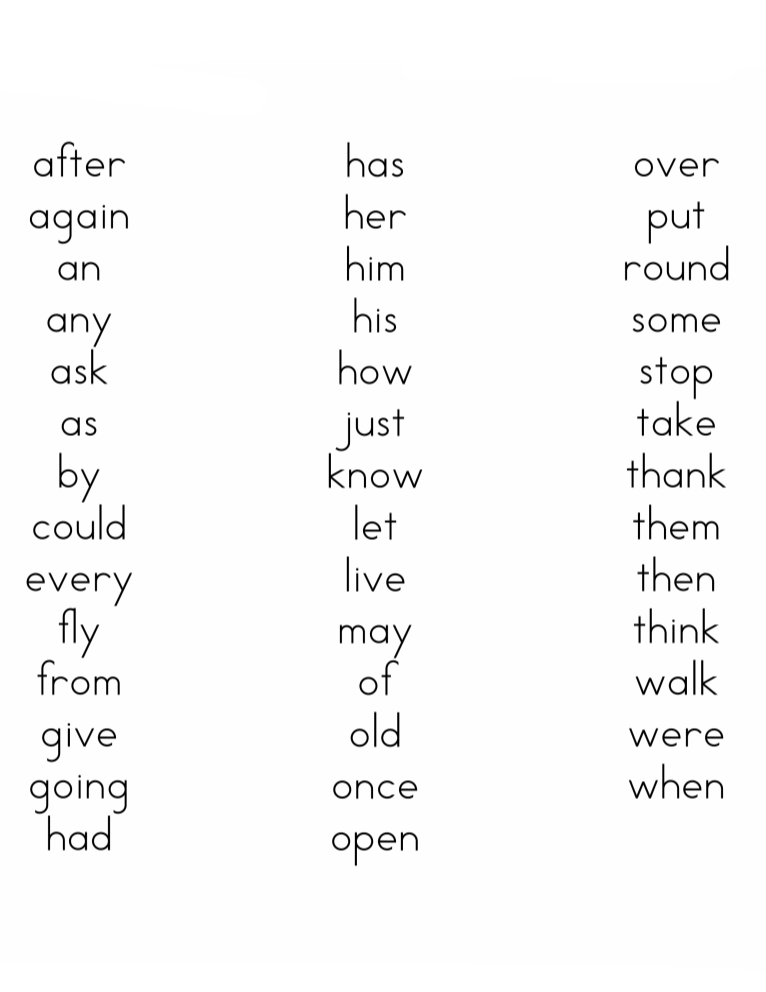 Some advise to memorize the spelling like this: if you need the verb "lose", then "lose" one letter "o" in the word loose.
Some advise to memorize the spelling like this: if you need the verb "lose", then "lose" one letter "o" in the word loose.
6. Principal or principle
| Feature | aside from, apart from, except | |
|---|---|---|
| Usage Example | There was a green vase beside the chair. — There was a green vase near the chair. | He is a fair-weather friend. Besides , he is a dishonest person. He is a friend when it suits him. Besides , he is a dishonest person. |
If besides is used as an introductory word, it is separated by a comma.
restaurants.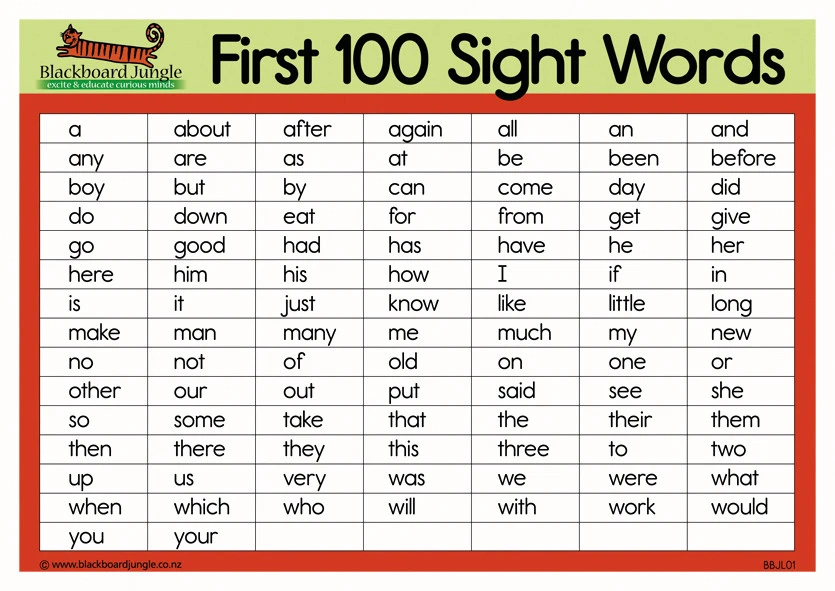
The word a cooker is more commonly used in the UK, in the US a stove is usually called a stove.
noun
noun — flow (of water/air)
a tide
Let's try to understand the difference between these words, as it is quite difficult to catch. The word effective can be translated as "having the desired effect", it indicates whether the result was achieved.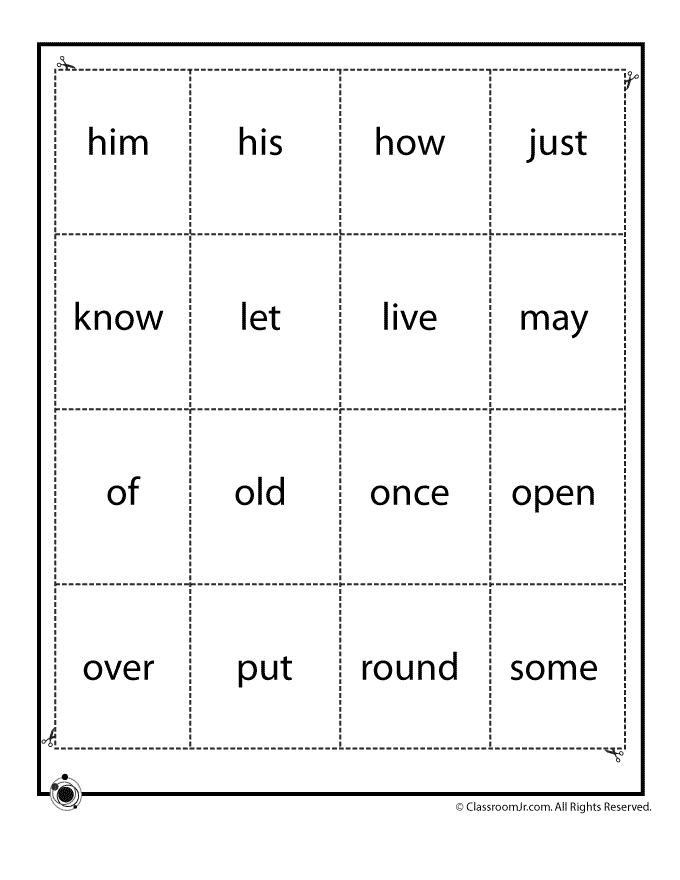 The word efficient shows how efficiently the available resources are used: money, time, etc.
The word efficient shows how efficiently the available resources are used: money, time, etc.
12. Personal or personnel
personal experience helps her to teach students. — Her personal experience helps teach students.13. Quite or quiet
7
| Characteristic | ||
|---|---|---|
| Quite / Posture | QUIT /0238 adjective | |
| Translation , calm, serene, peaceful | ||
| Usage example | He's quite an interesting person. — He is quite an interesting person. I'm quite sure that you'll be back. | Her child is always quiet in front of strangers. — Her child is always calm in front of strangers. This washing machine has a quiet engine. — This washing machine has a quiet motor. |
14. Sensible or sensitive0265 The way to solve this problem is to learn English and take an exam.
The adjective sensitive (sensitive) has already entered the Russian language, so it will be easier for you to remember the word sensitive.
15. Shade or shadow
| Feature | Word | Vampires don't cast shadows . - Vampires do not cast shadows . |
|---|---|---|
To learn the difference between these two words, imagine the following situation: if on a hot summer day you stand in the shade of a tree (shadow), you will find yourself in a cool shade (shade).
16. Conscience or conscious
| Characteristic | Word | |
|---|---|---|
| (a) conscience /ˈkɒnʃ(ə)ns/ | milk products, a creamery | a journal, an appointment book, an organizer |
| Example usage | He is allergic to dairy - He is allergic to dairy products . | When I was a child I used to keep a diary . — When I was a child, I kept a diary .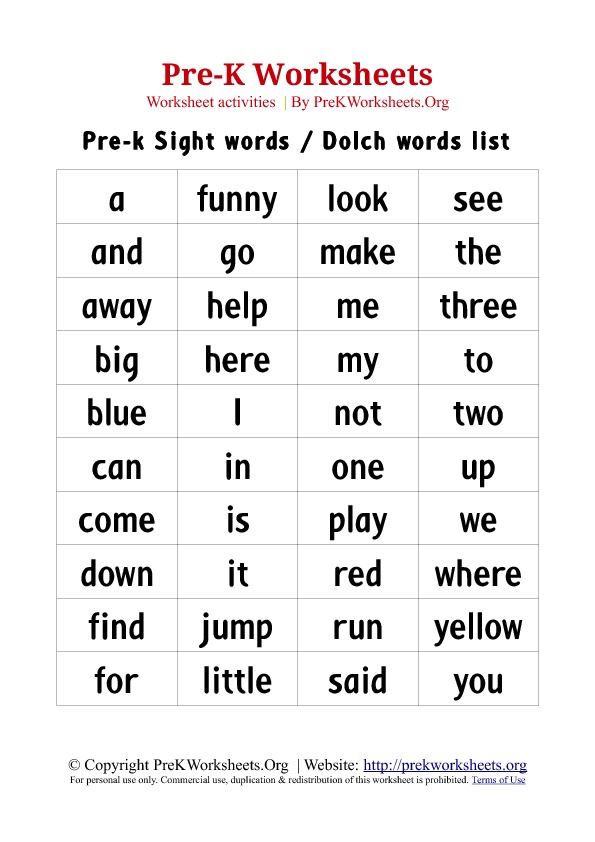 |
You just have to remember the spelling and pronunciation of these words, otherwise you risk buying a diary instead of your favorite dairy product abroad.
It's pretty easy to remember how to use each of these words: need c noun - take a devi c e, need a verb - to devise.
1
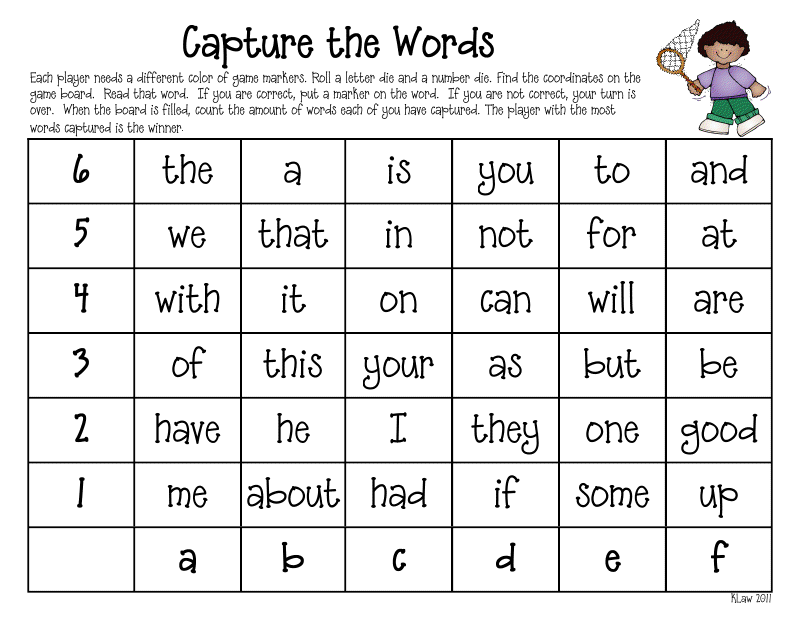
To memorize these words, you can use associations: fare is somewhat similar to the Russian “headlight”, but we pay fare just in vehicles with headlights.
Many students know the verb to carry (carry, carry), by analogy with it, you can remember the noun a carrier (carrier, carrier).
If you want to learn more of these words and learn other subtleties of English, then sign up for the course "Conversational Practice of the English Language".
We have analyzed 20 pairs of English words that are most often confused. We hope that now it will be easier for you to use them in your speech.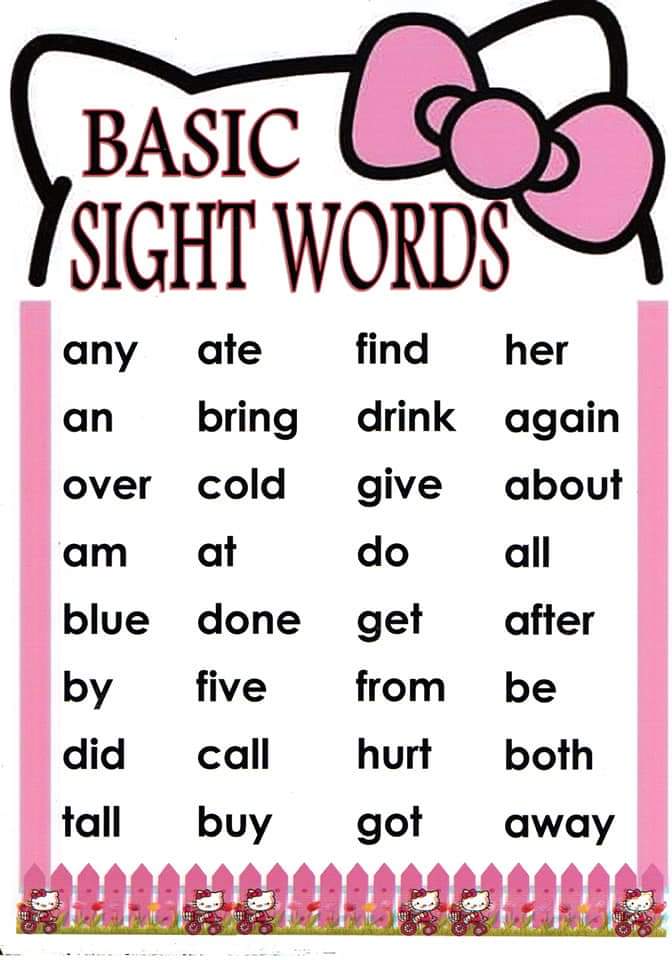

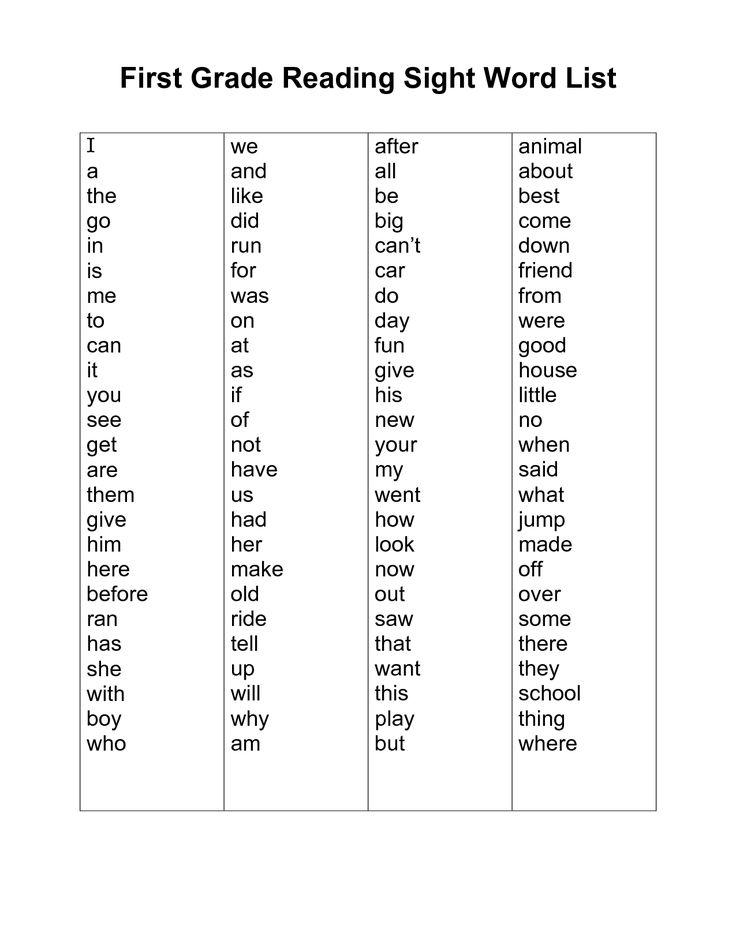 — I am quite sure you will come back.
— I am quite sure you will come back. 